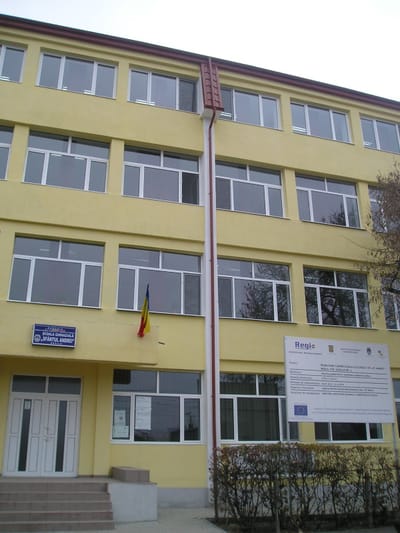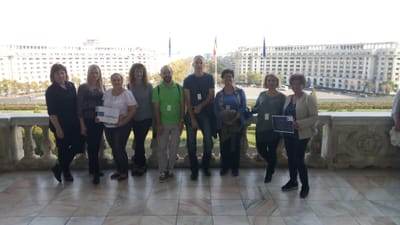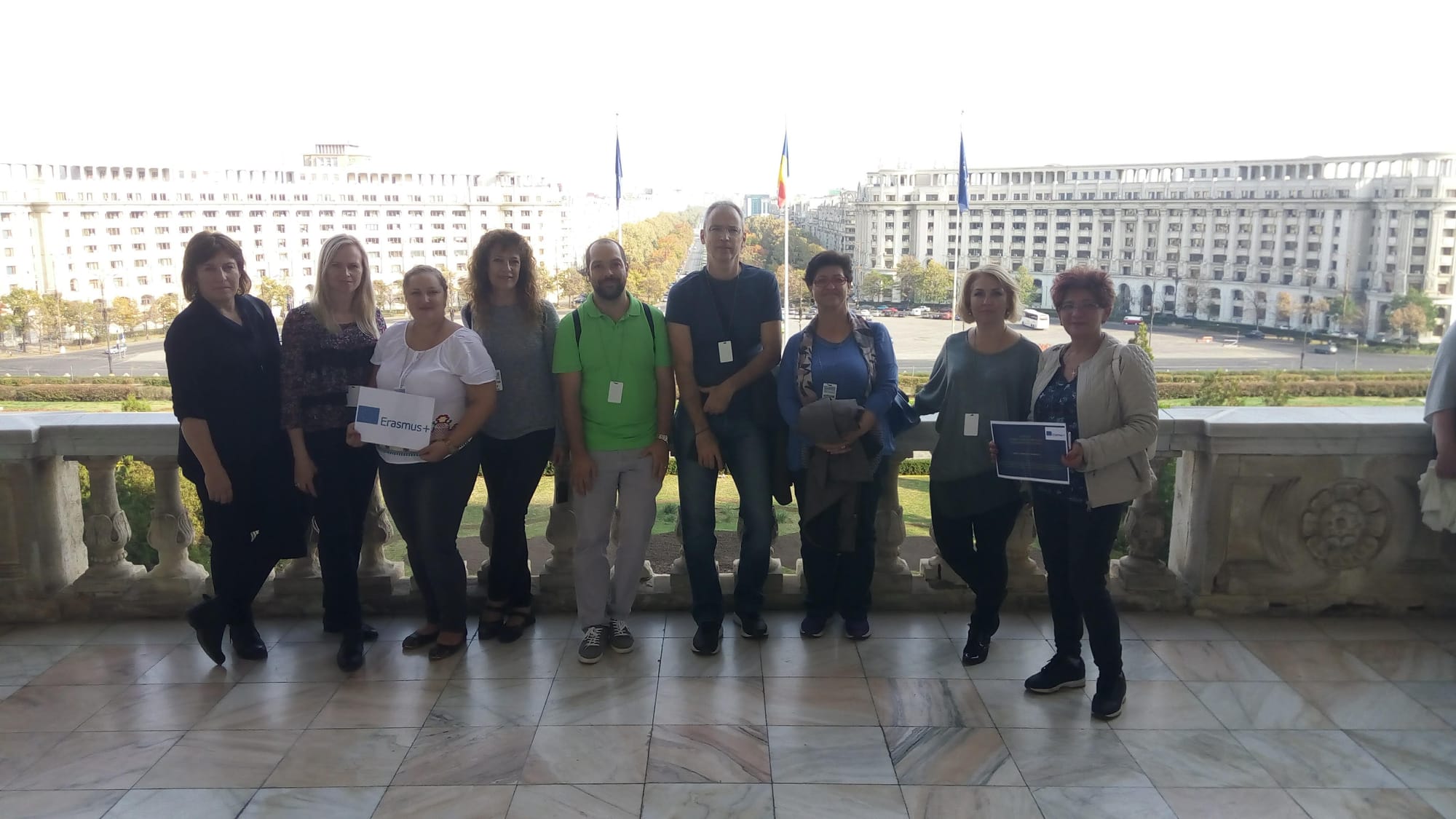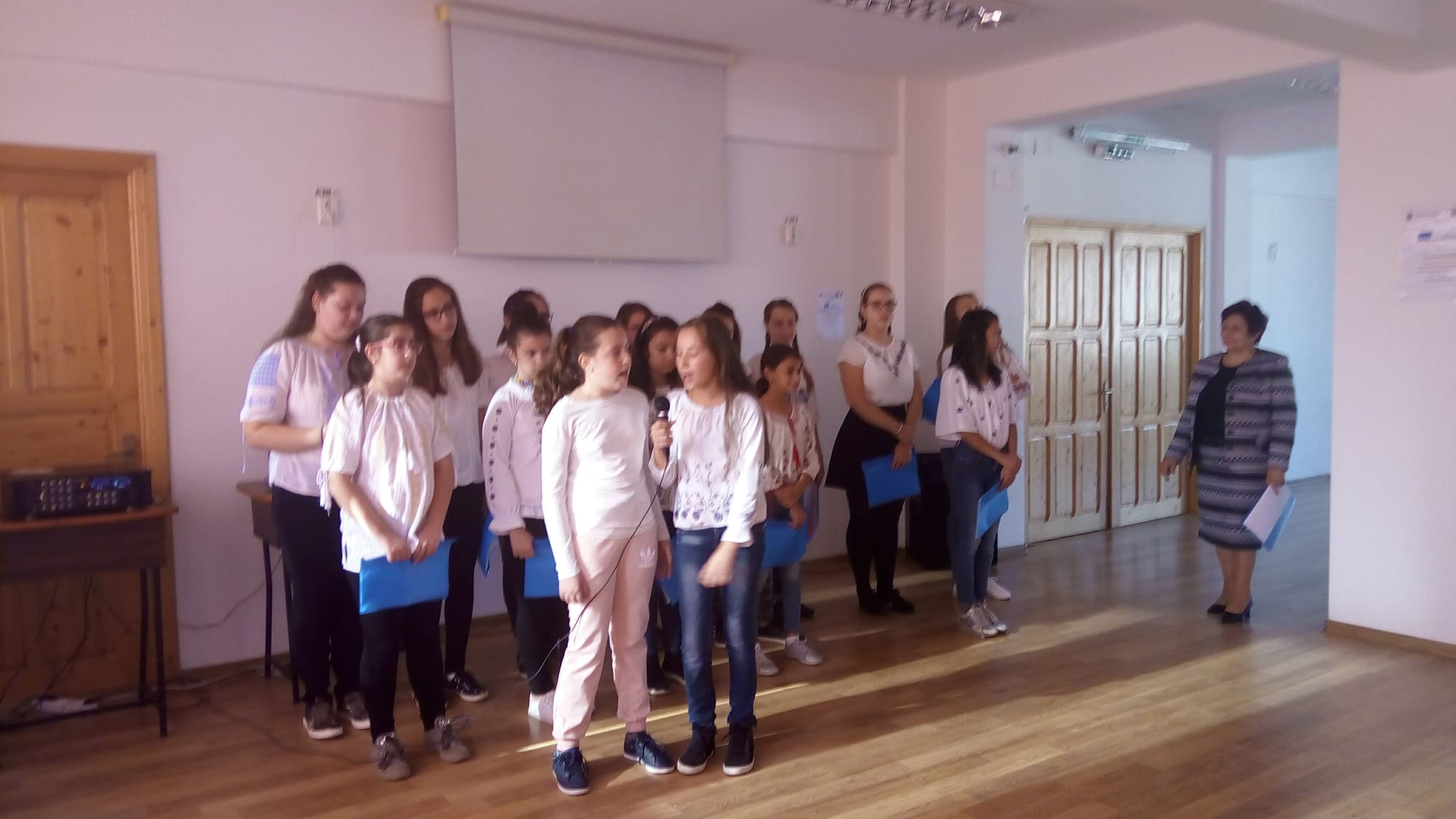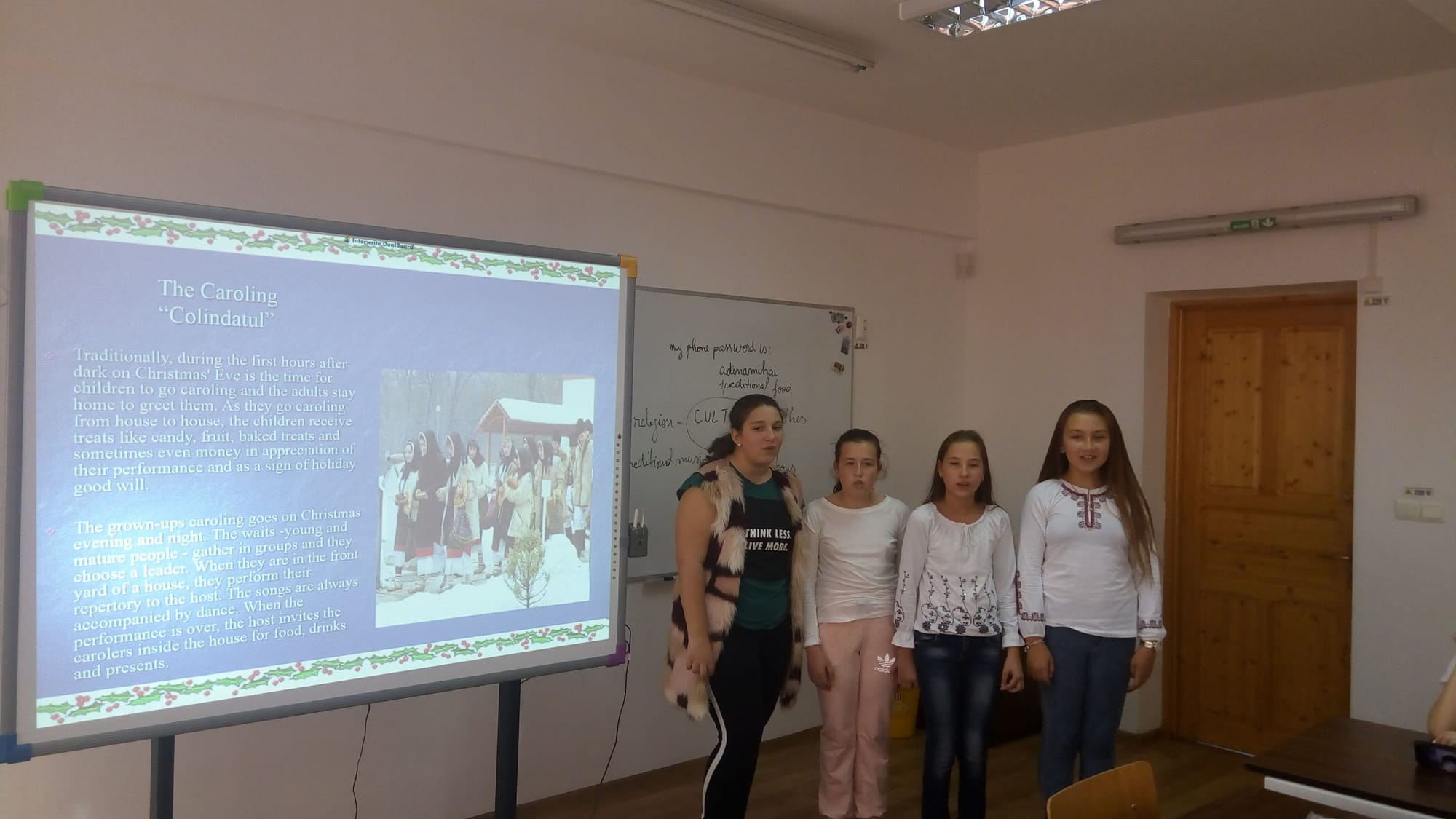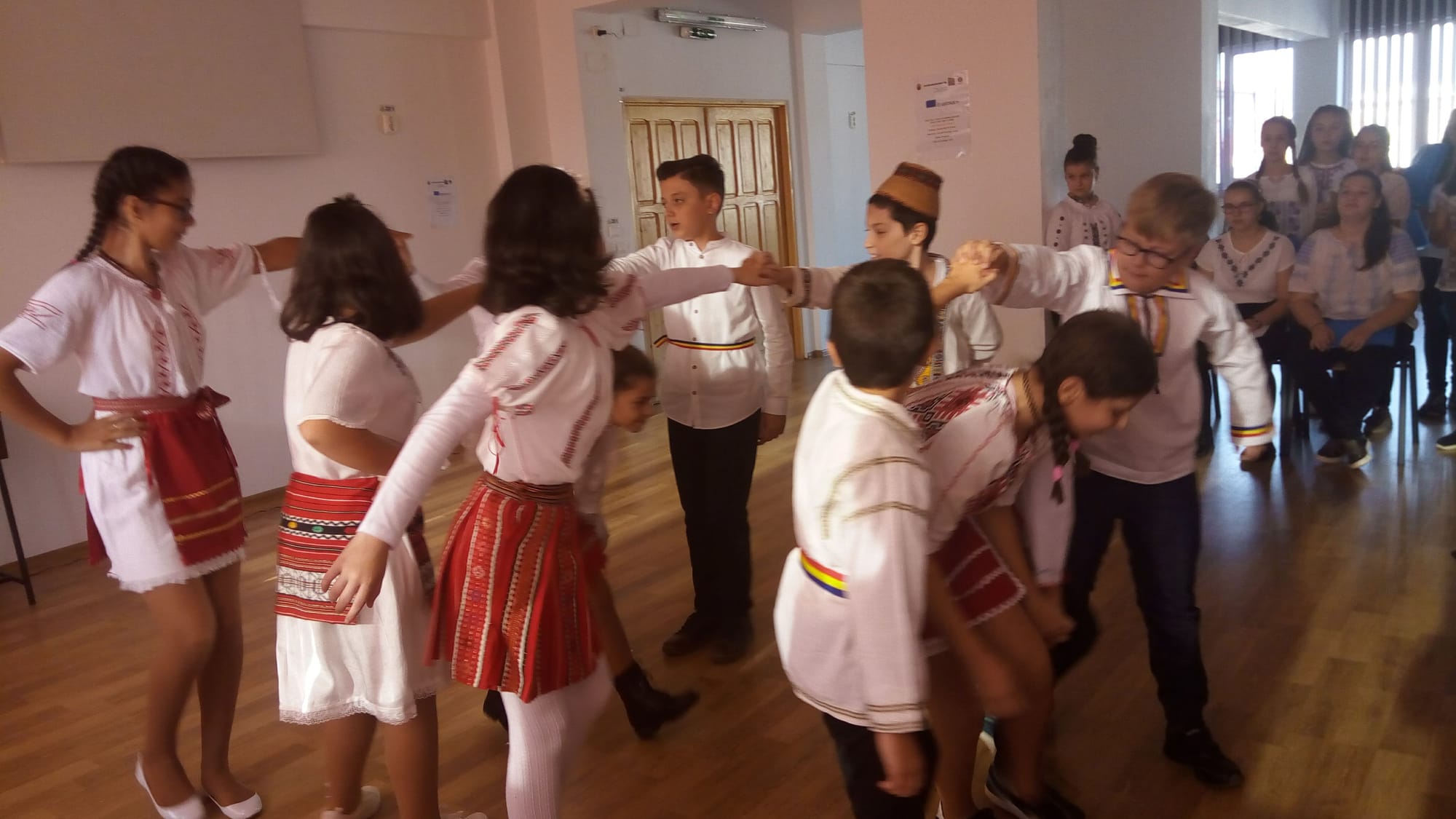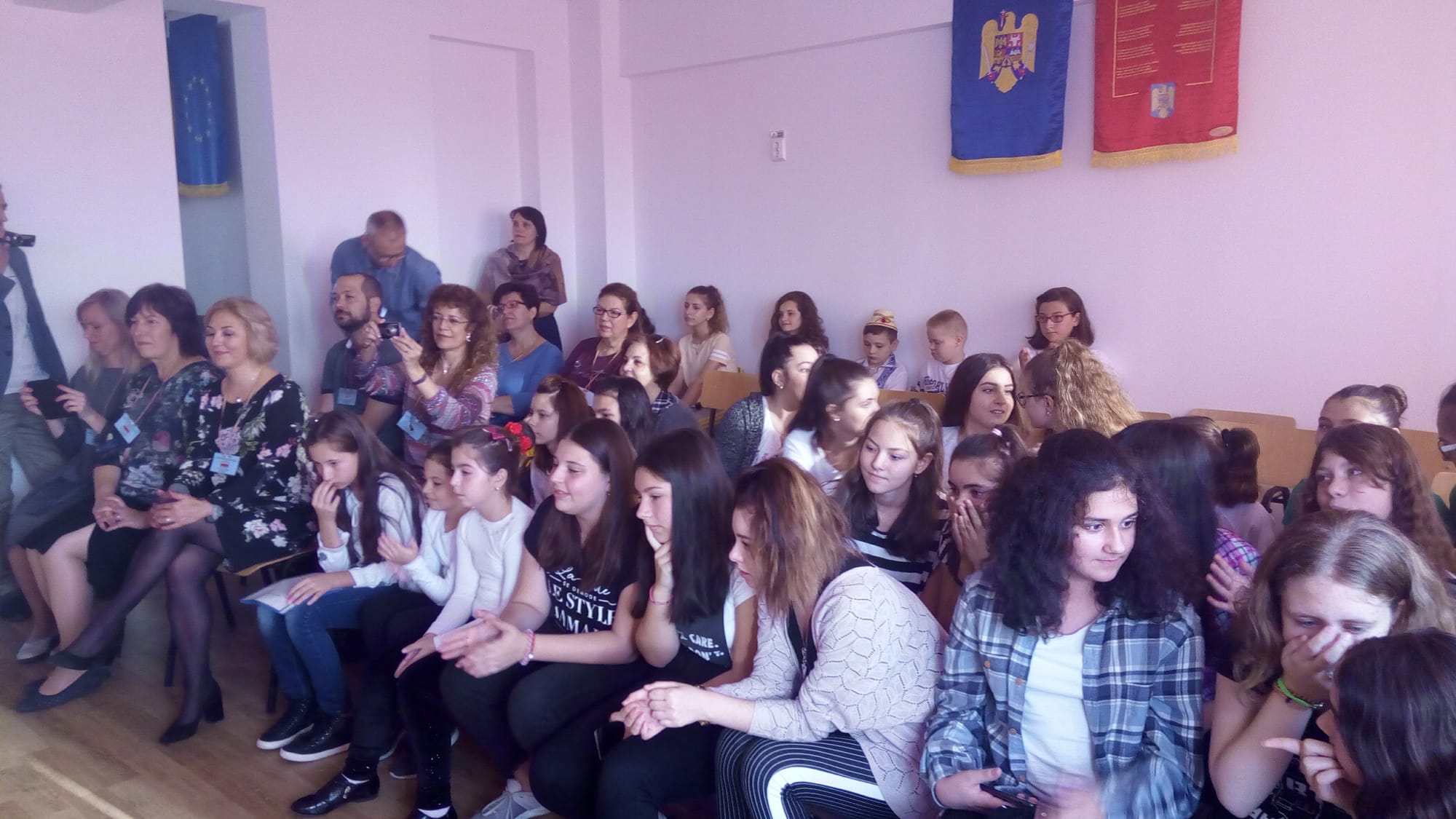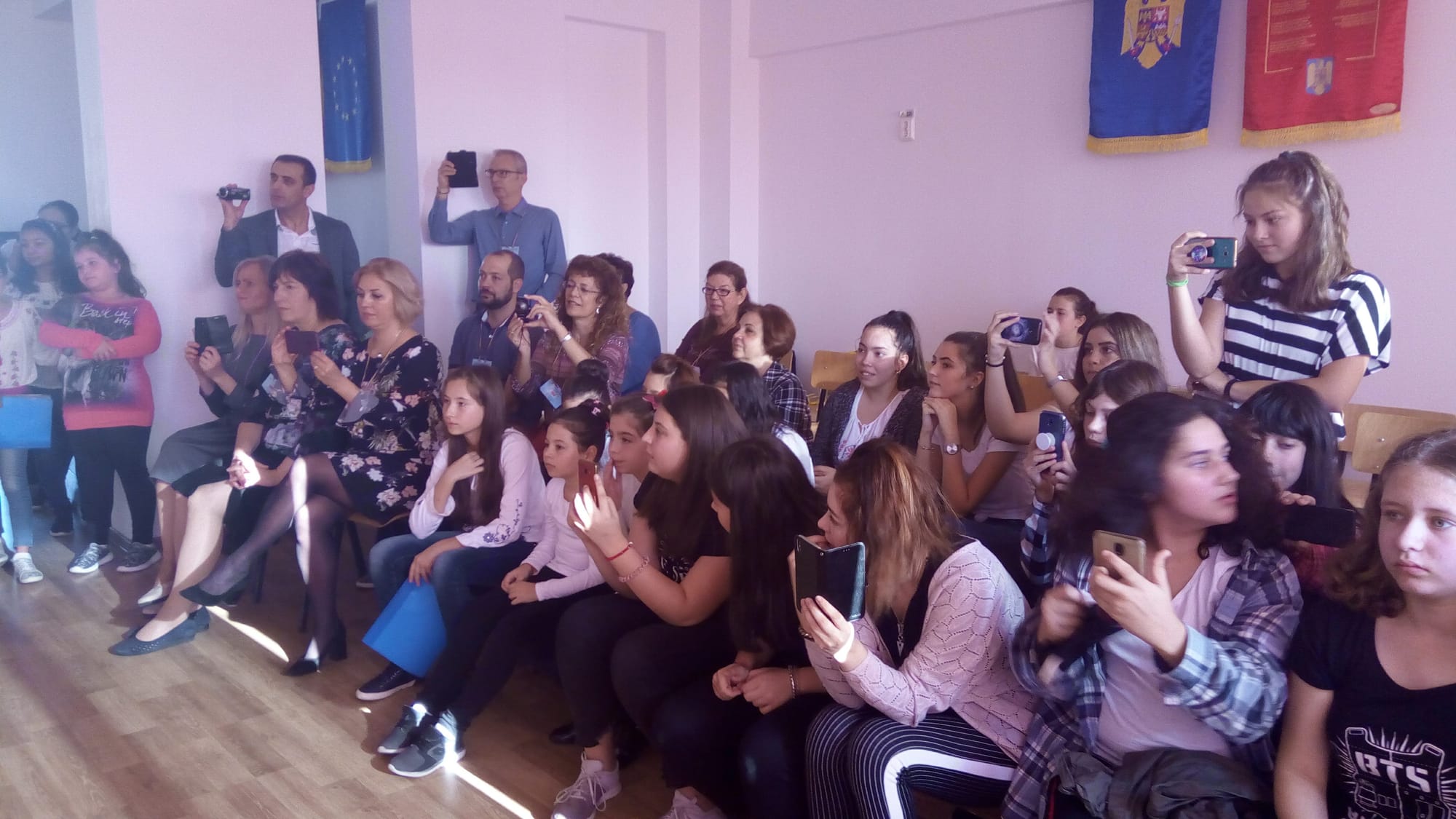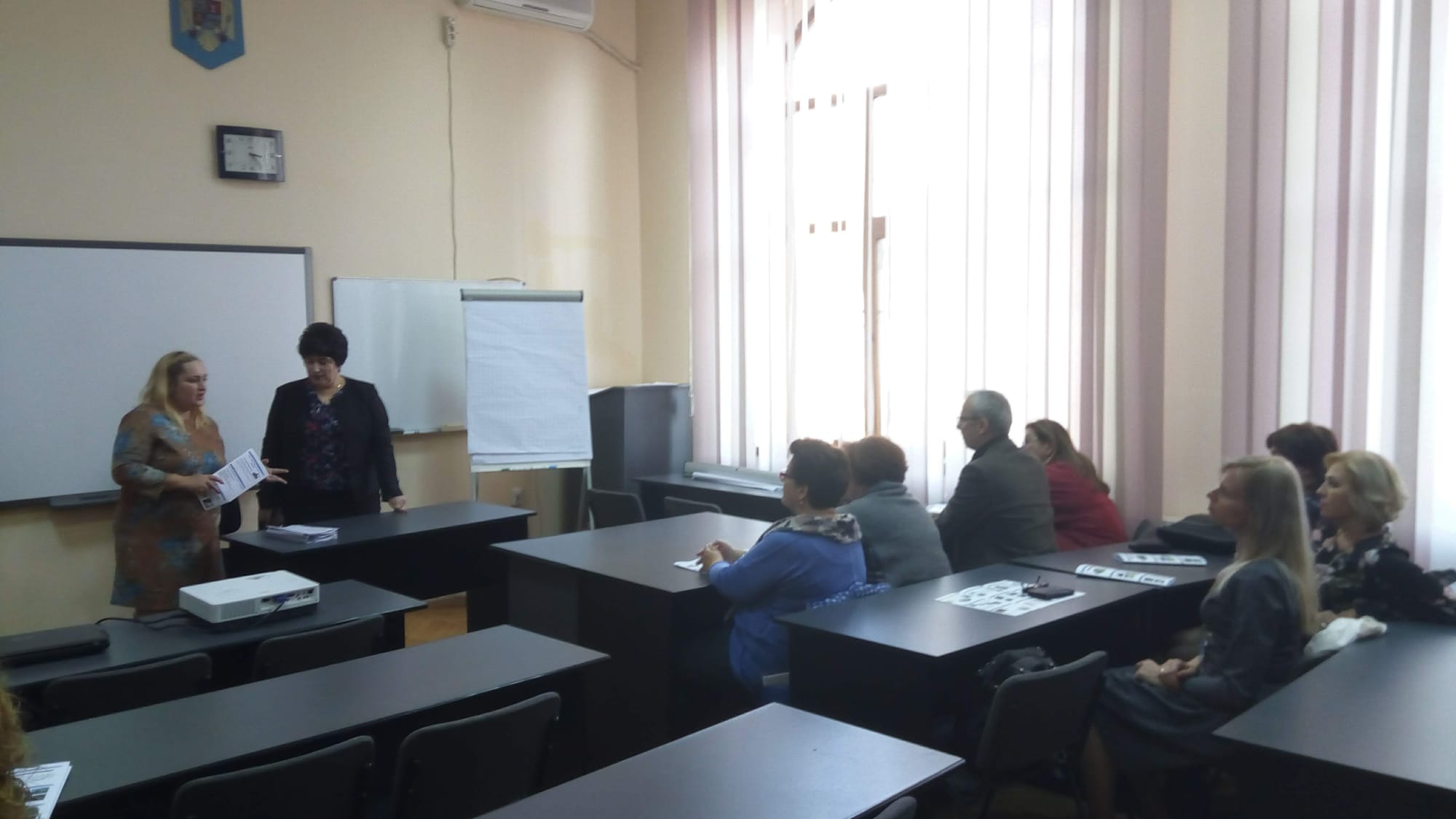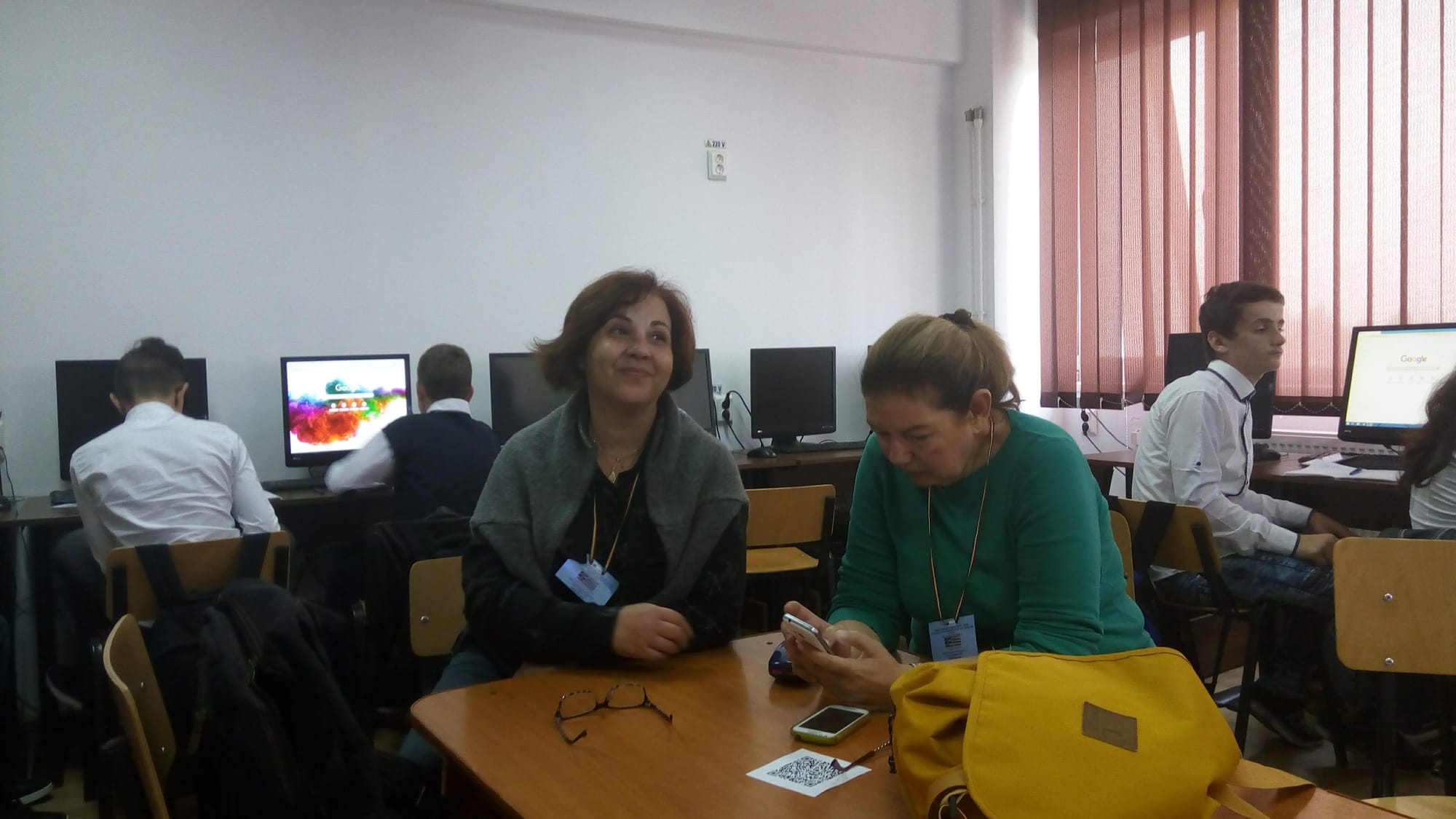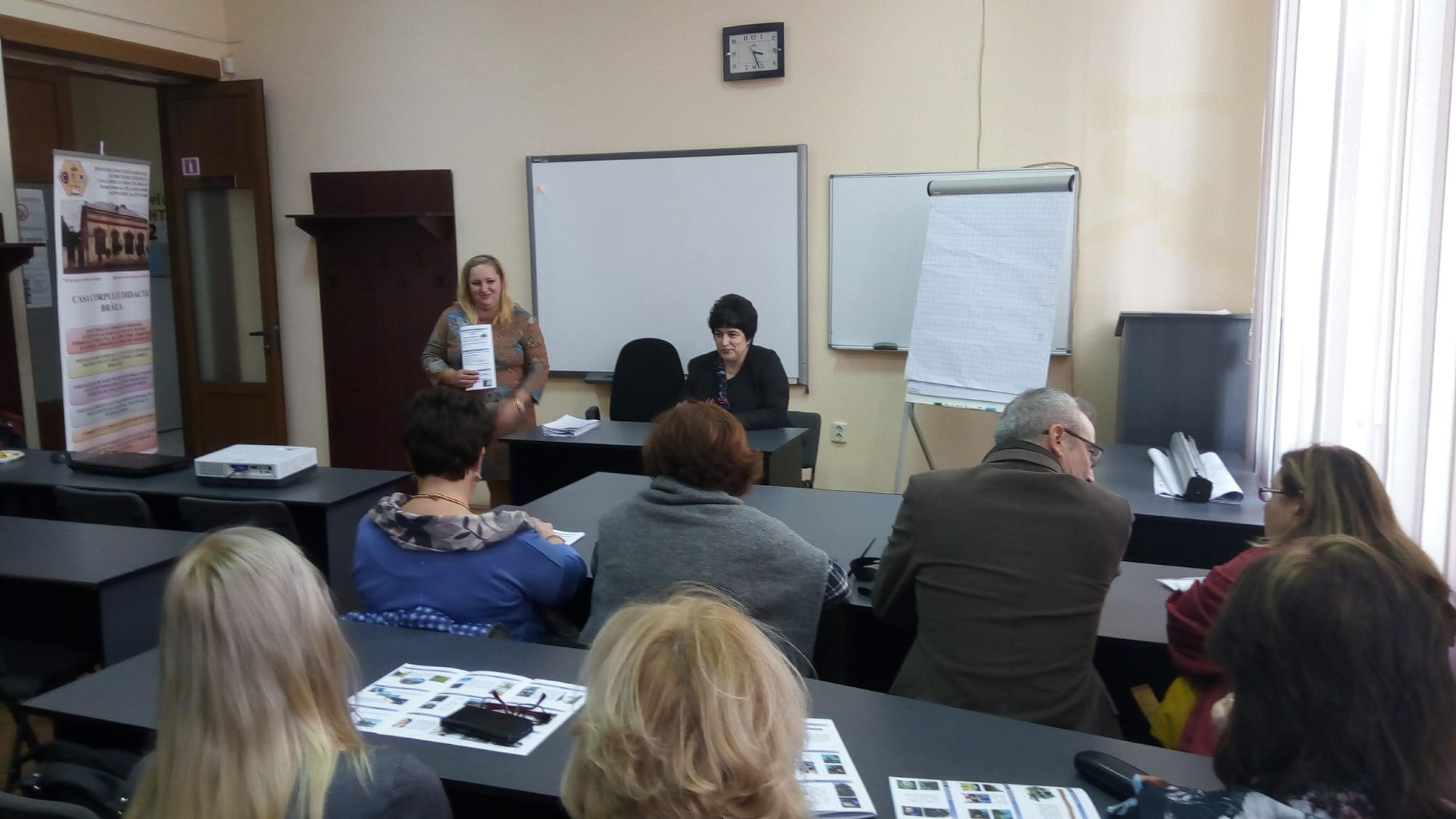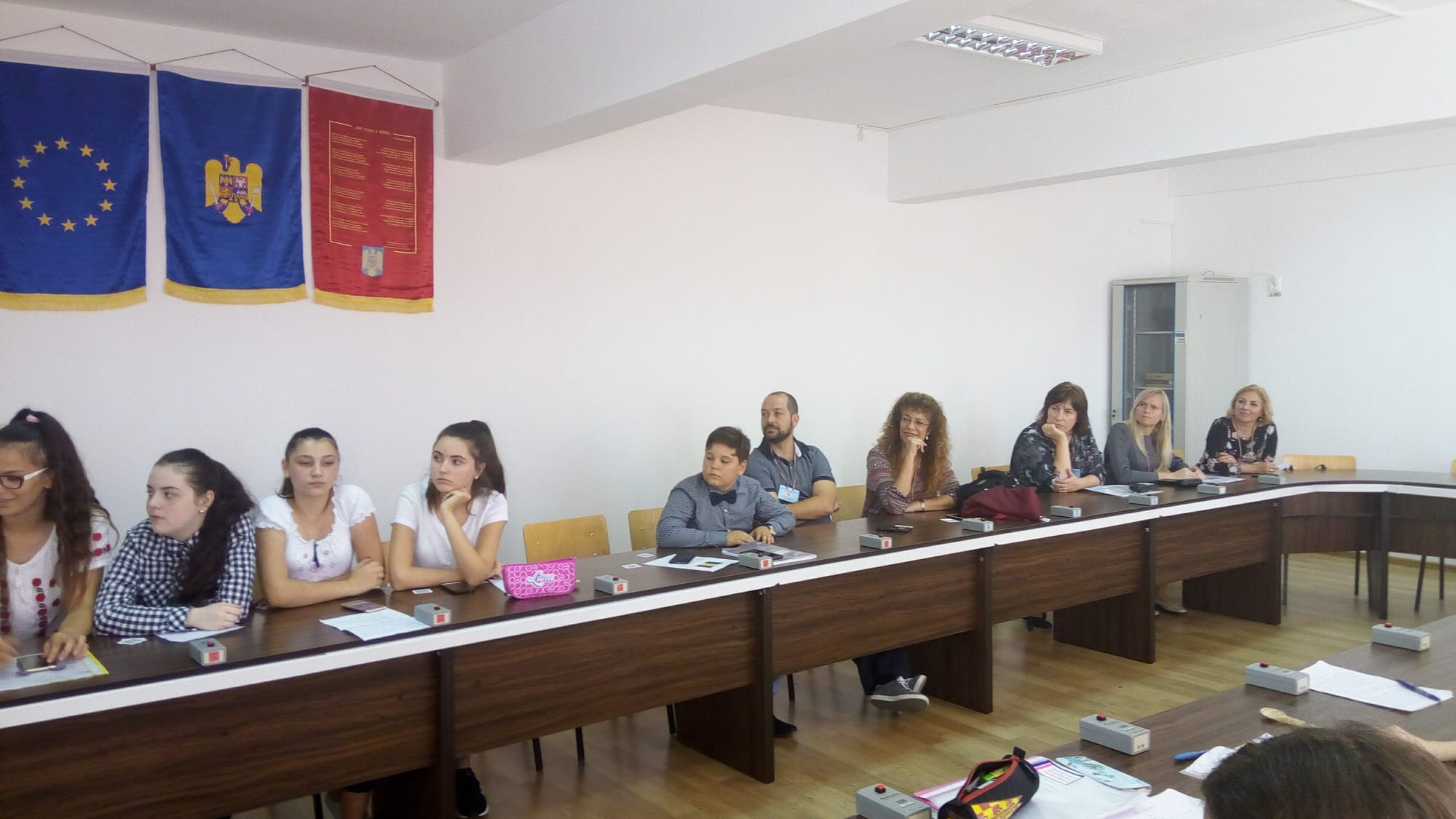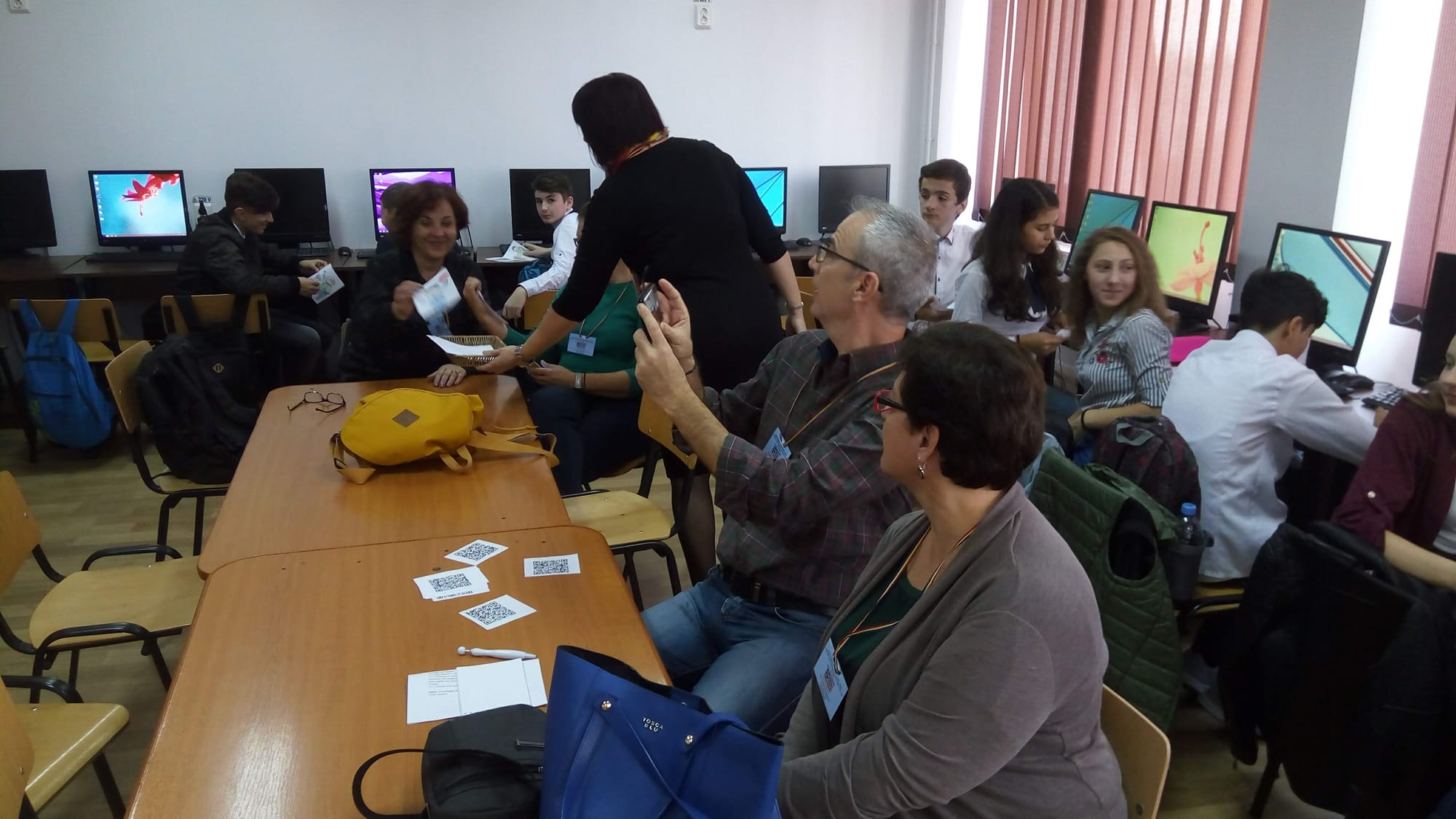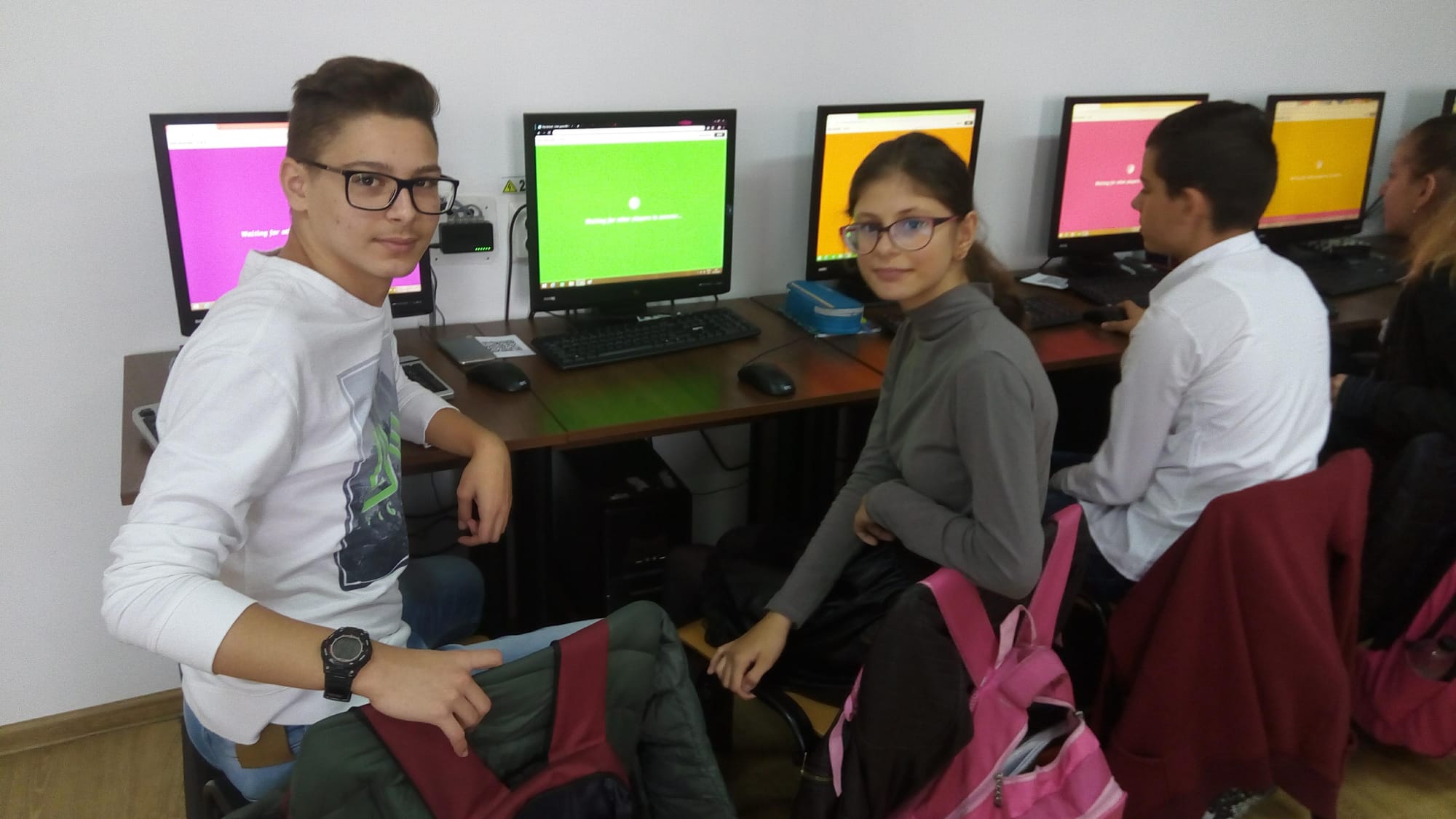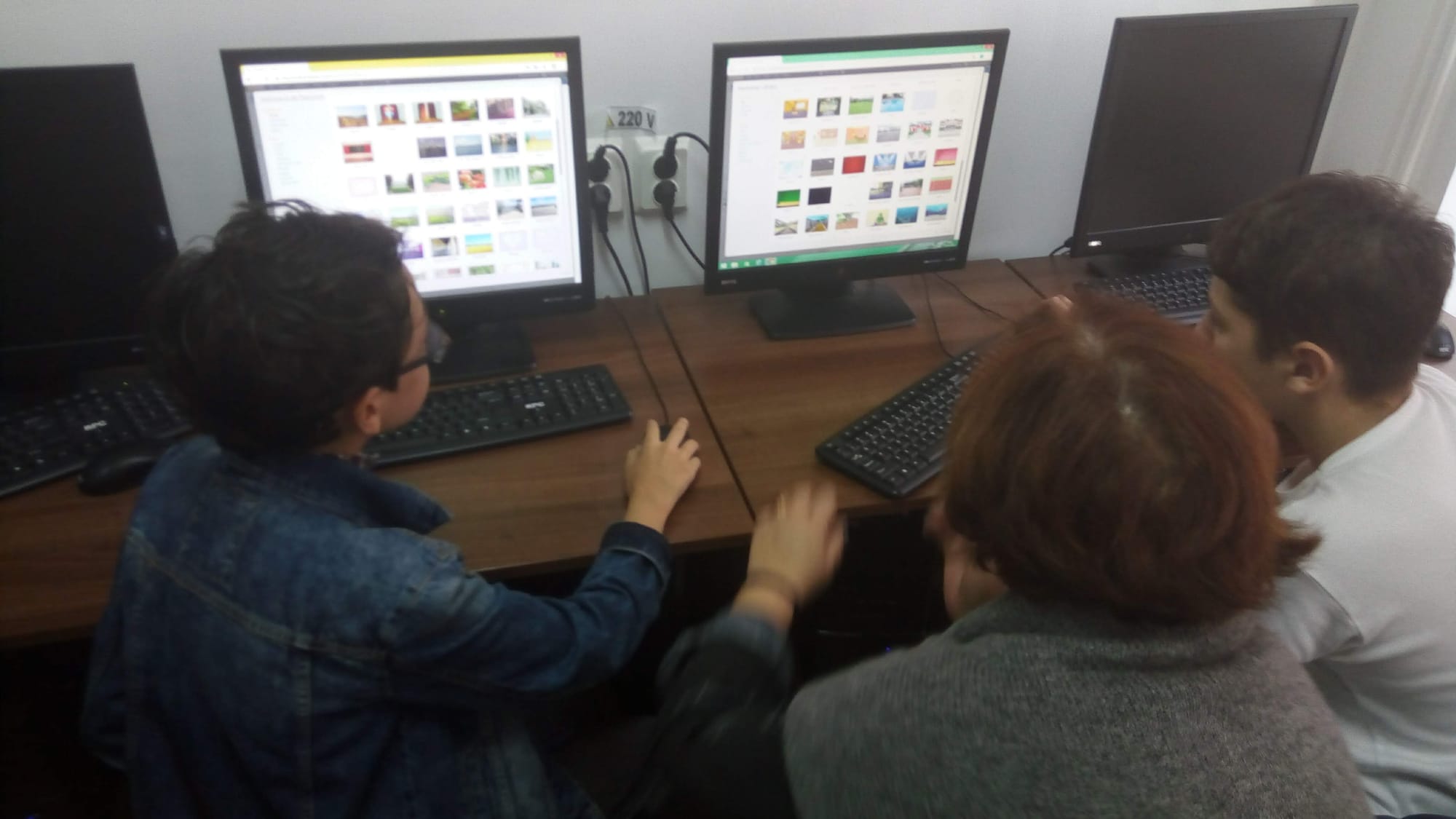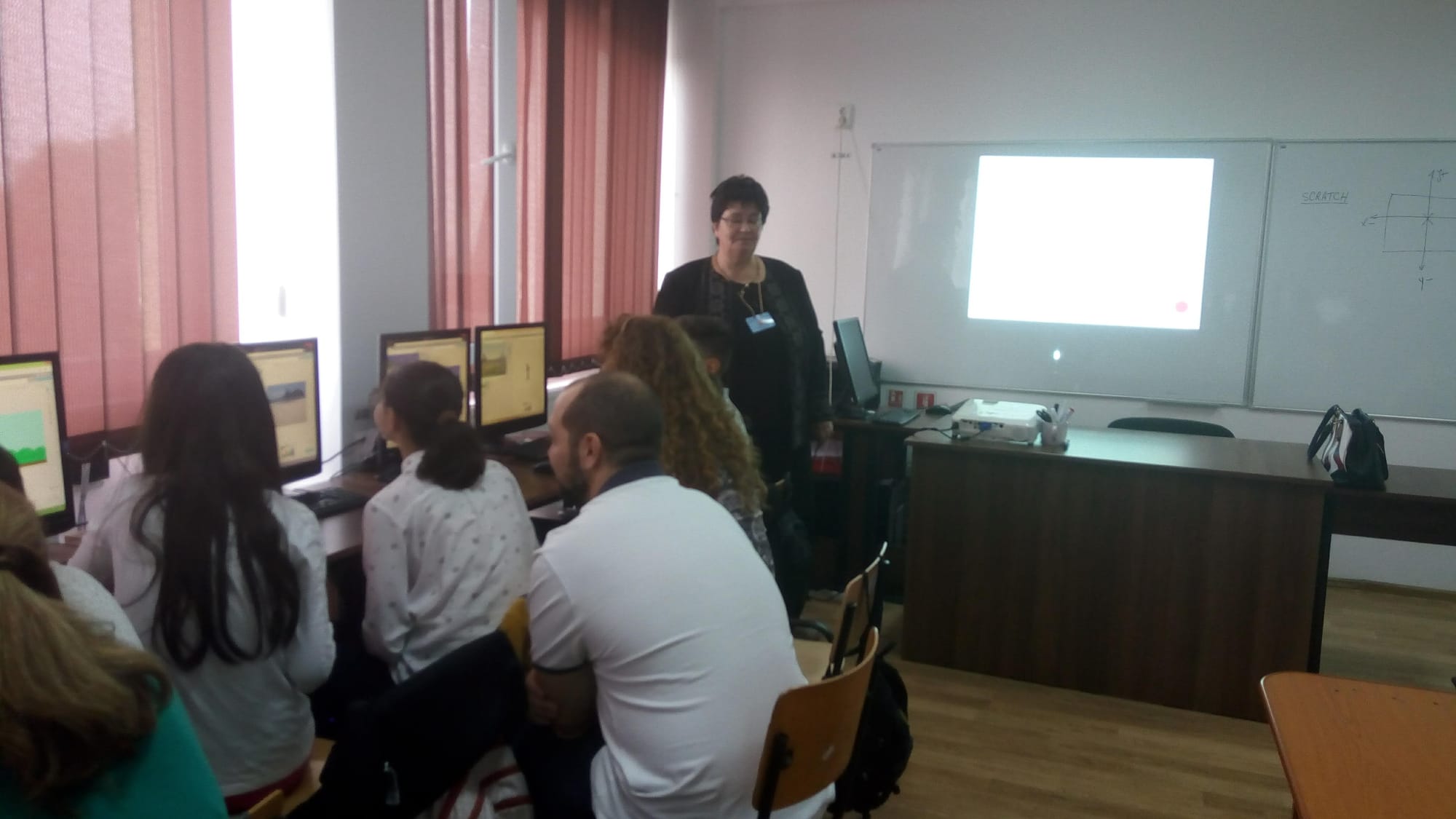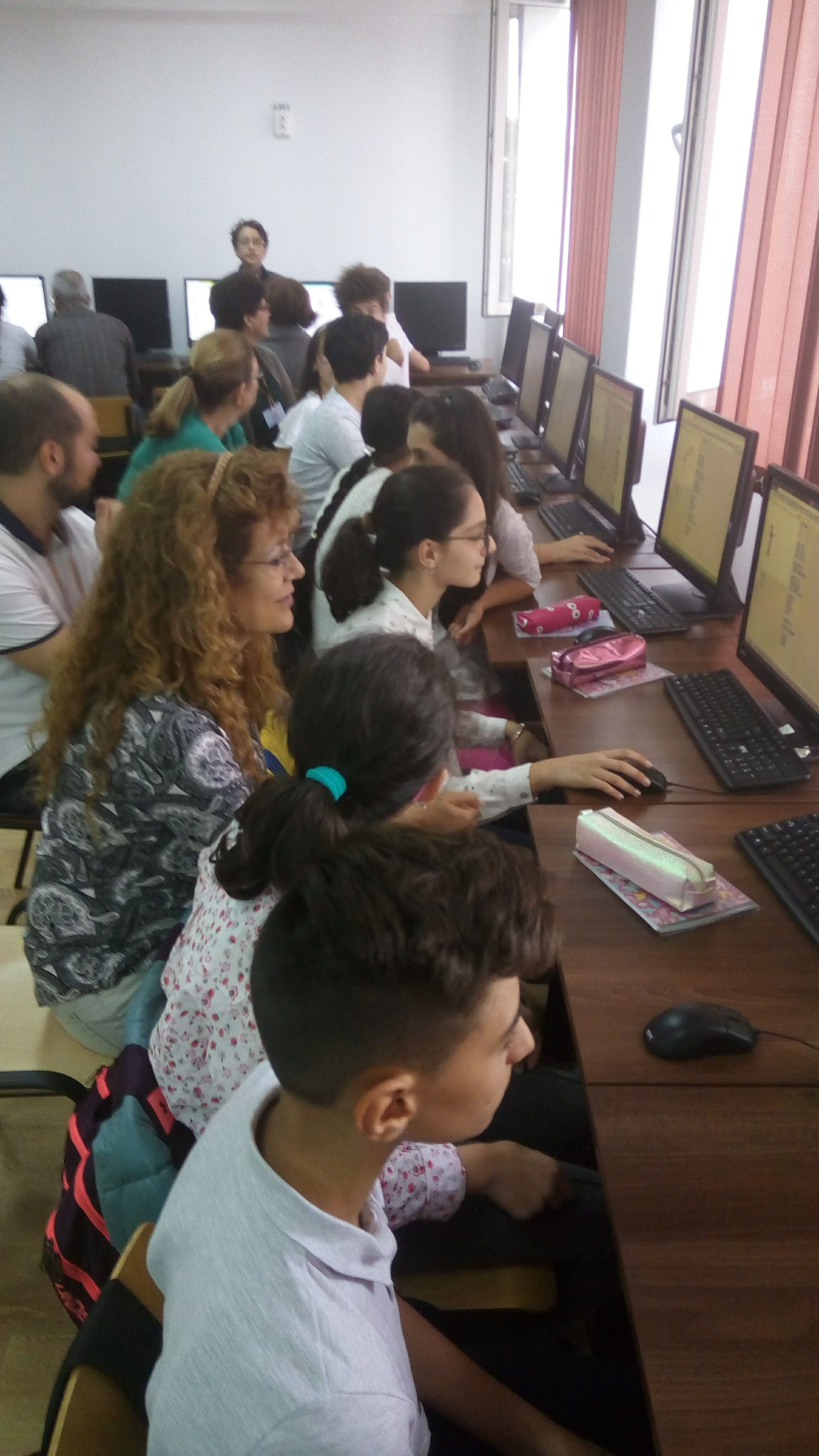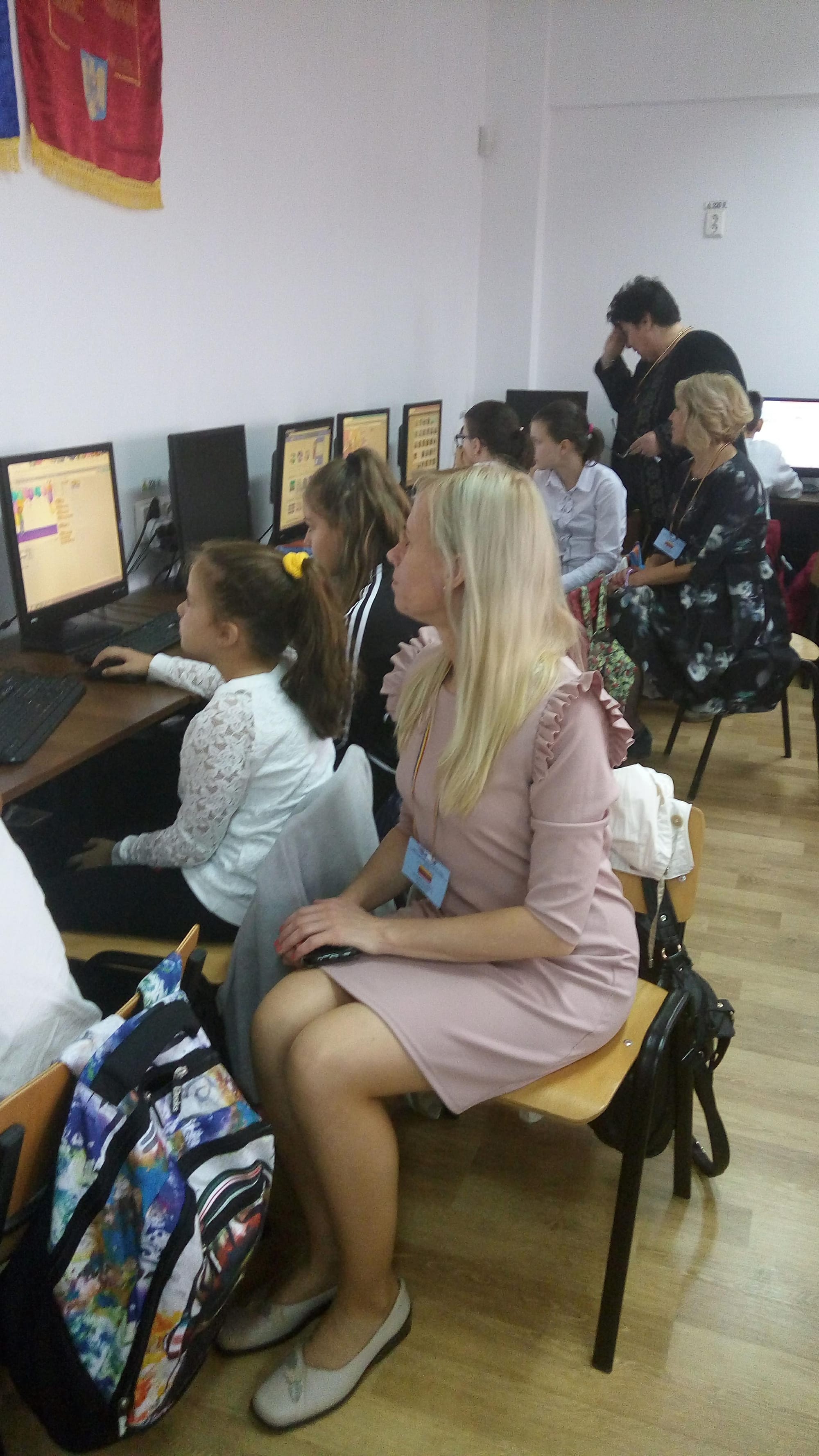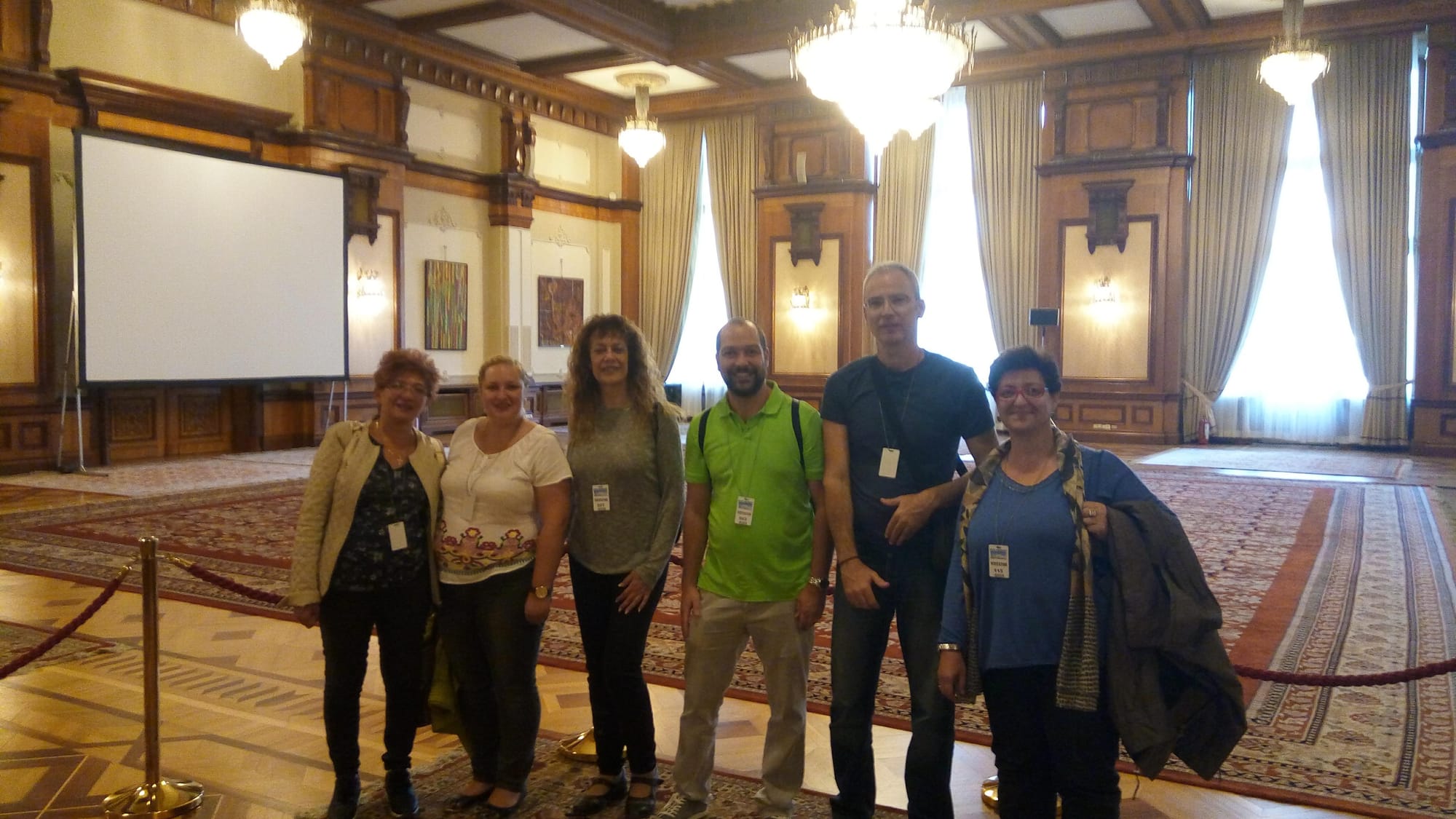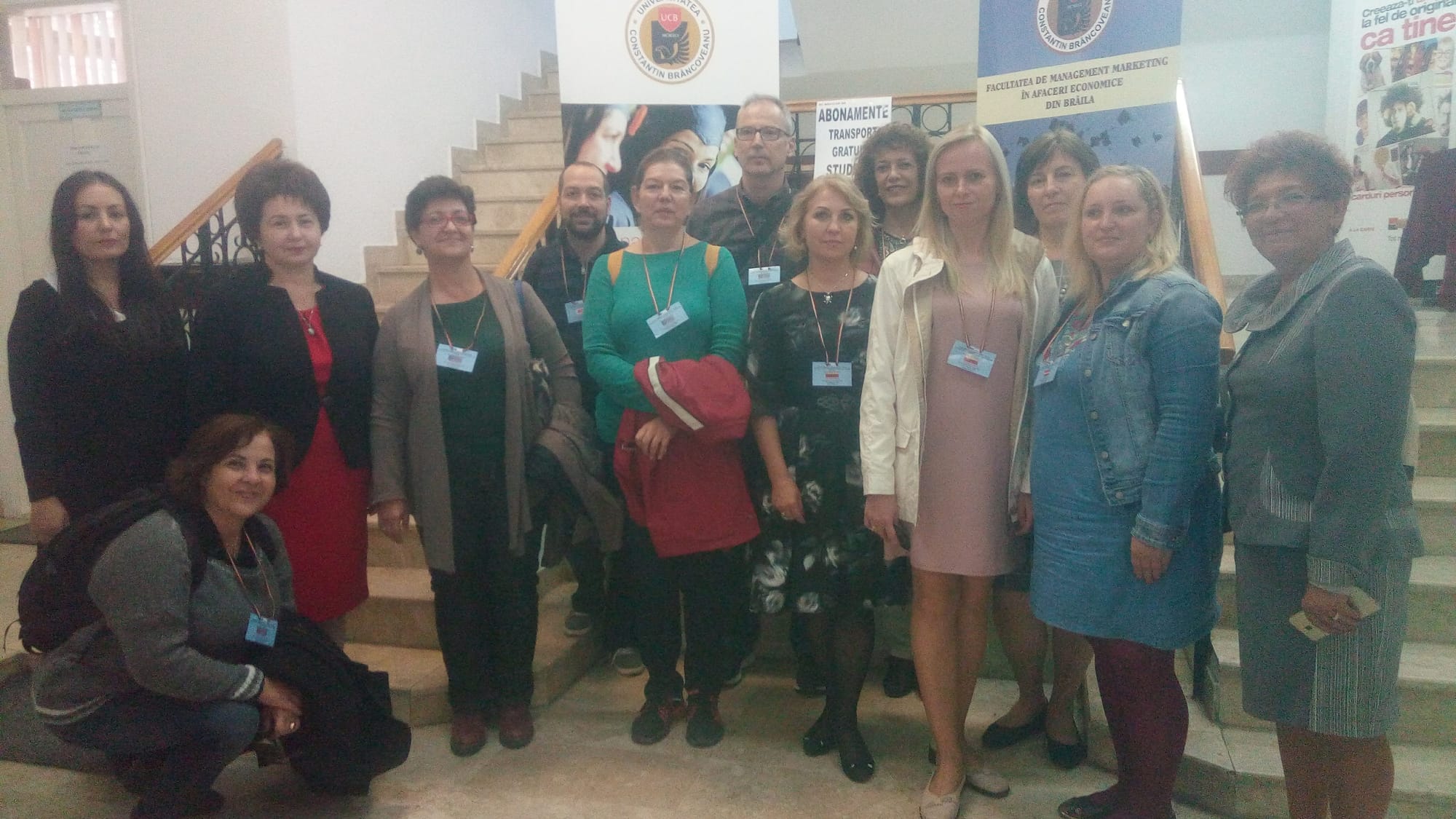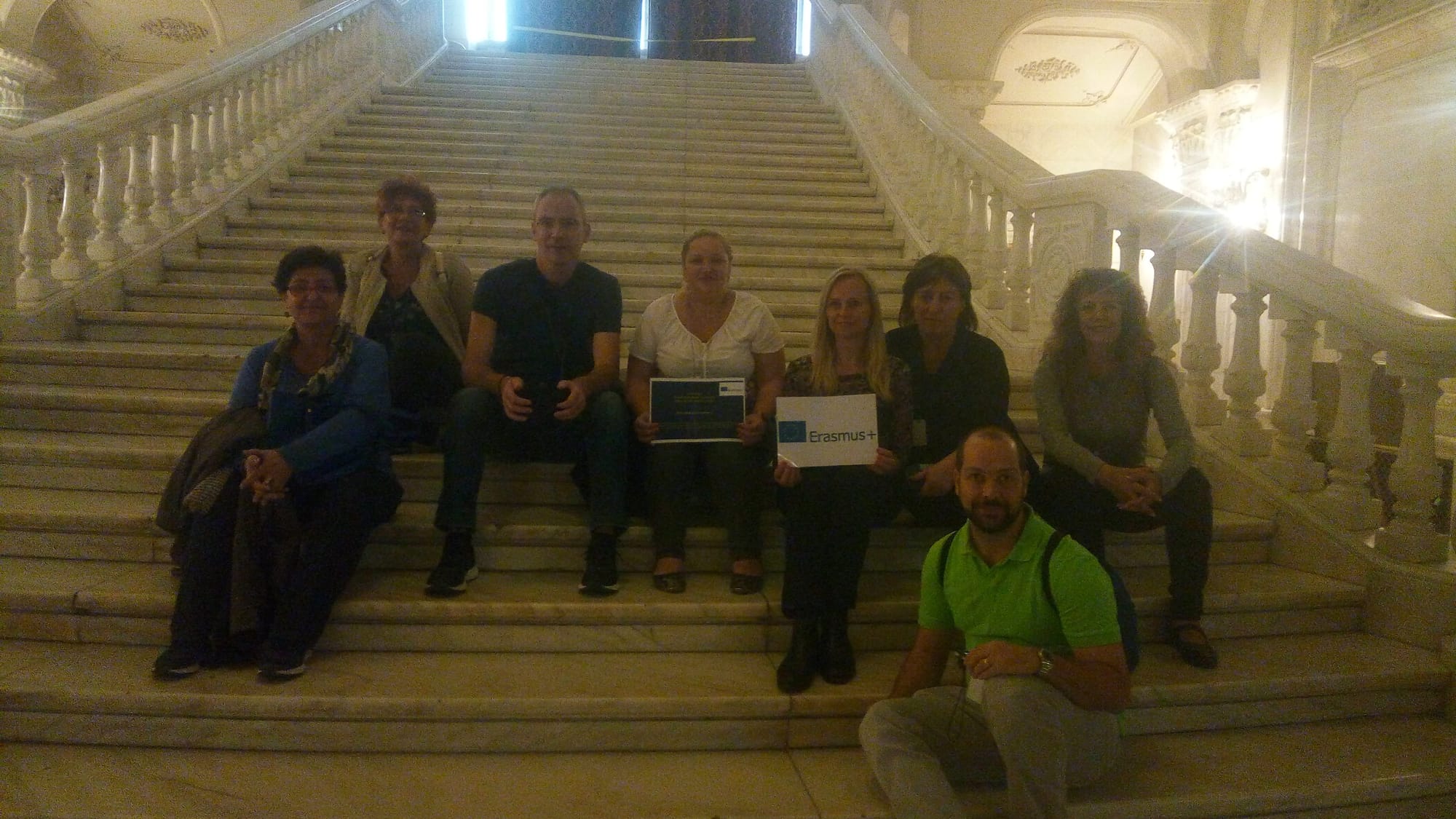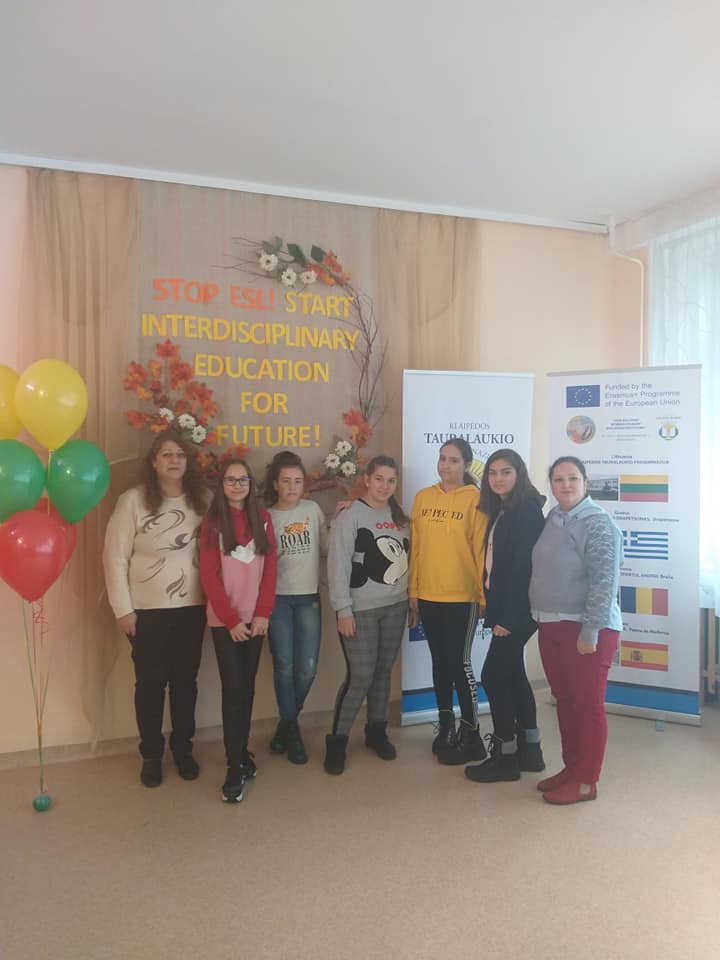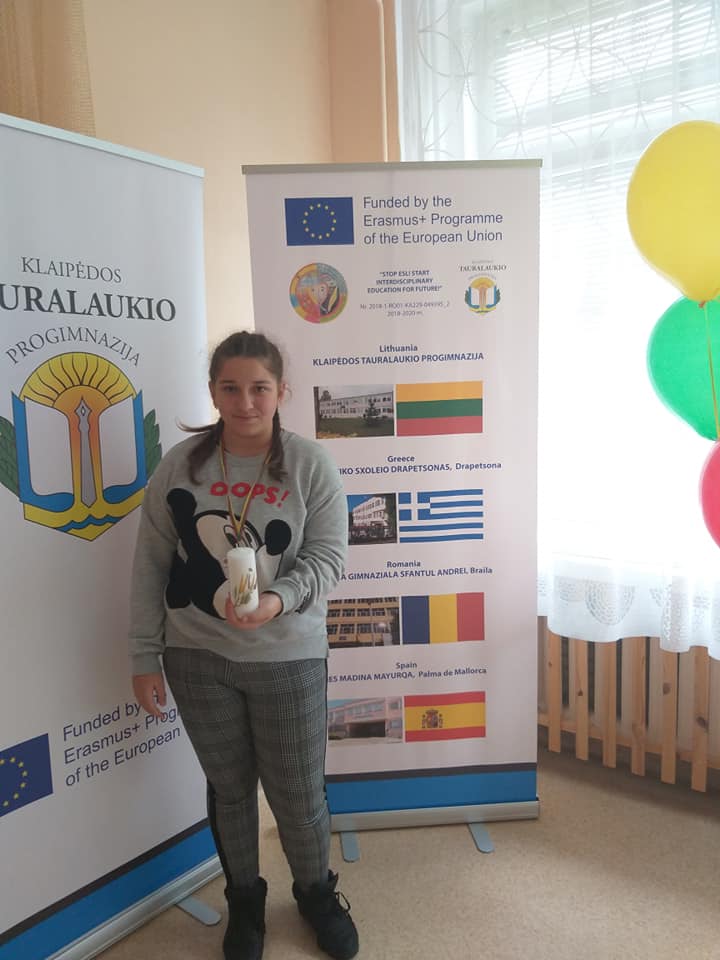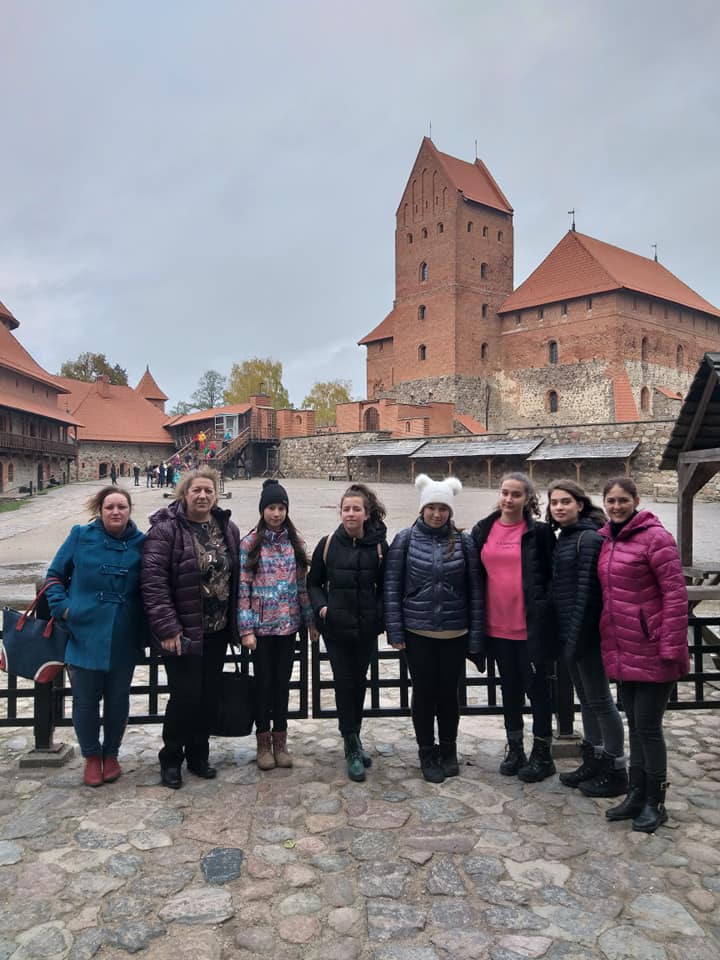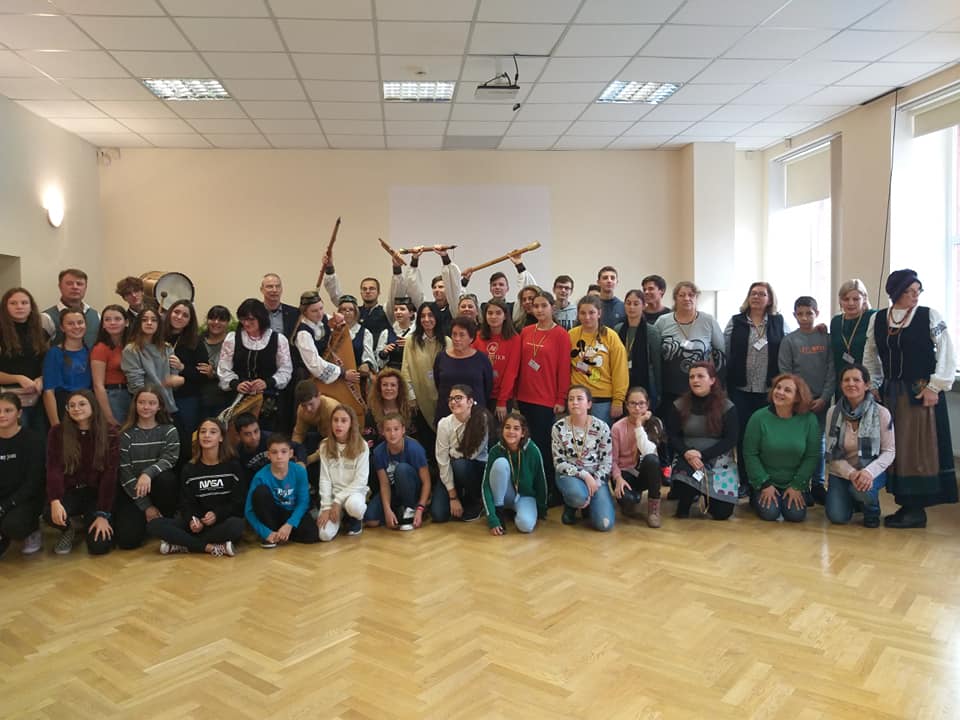STOP_ESL
STOP ESL! START INTERDISCIPLINARY EDUCATION FOR FUTURE
ABOUT STOP_ESL!
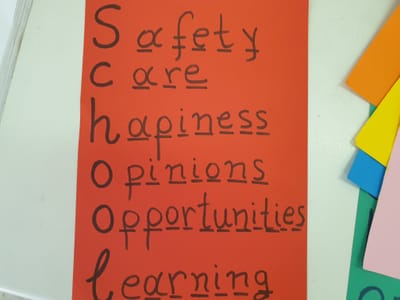
ROMANIA
Braila, Dudului nr. 2
Read MoreDay 1 Teachers were trained about digital skills and how to use them in order to motivate students using cloud,managing multi-tasks,recording-editing video,creating online tests with kahoot,WebQuests, Podcasting and screencasting,creating blogs, wikis, Weebly. Teachers were trained in ICT course, learning about using Kahoot,learningapps, QR-CODE,Edomodo,Piccollage. Teachers were trained during the lessons: - English “Following William Shakespeare”- using ICT- using QR code and Kahoot. -Biology -“ Nervous System”- using,applying QR code, quizziz, kahoot, socrative and on Edmodo platform. -Physics –Measures -using QR code, learning apps,Kahoot -English –Romanian culture using ICT- using videos in teaching, Kahoot, quizziz,QR code, Facebook,youtube There was a meeting-workshop with representatives of Teaching-Training Staff House-presentation of its courses for teachers in order to help students in social risk,ESL. Day 2 Teachers were trained working with Romanian students on:use of online interactive tools:Vuvox,Checkthis, Thinglink,video converters,pdf online,Grockit answers, Edmondo during: - ICT at primary education-implementing Kahoot,quizziz -school Counseling–using ICT –implementing QR-code,Kahoot, quizziz,the tree method, treasure hunt Teachers were trained by ICT teacher on using Scratch in lessons for making them more attractive, they created animations. There was also coordinators’meeting, there were discussed some organization problems about rescheduling activities after Portugal and Netherlands cancellation. There was a workshop at the University of Management “Constantin Brancoveanu”, Braila-how do we encourage pupils to continue their studies? Day 3 Workshop on interactive learning methods: learning by doing, creating digital exhibitions with museums in schools, introducing transdisciplinary moments in a lesson,study methods with smart phones and tablets at the House of Parliament and the Museum of Senses. There was a feedback questionnaire for evaluation of LTT. There were 4 teachers from Greece,3 teachers from Lithuania and 2 teachers from Spain. There were around 120 local participants:11 teachers from school involved in training courses in school, around 90 pupils from school “Sfantul Andrei”, about 10 parents from school, 4 participants from Teaching-Training Staff House, 4 participants from University of Management “Constantin Brancoveanu. Regarding event’s relevance and integration with normal activities of involved schools,it contributed to mainstreaming teaching and learning of ICT across curricula and practices.This training enriched and organized existing activities within a code of practice that purposely addresses questions of ICT to motivate pupils.In addition to this code of practice, the workshops produced lesson plans, lesson templates and teaching material.As a follow-up,this material was digitized and used during primary education, English, Biology, Physics, ICT, Religious. Participants in this training event benefited from a deeper understanding of how ICT shapes the material we teach, the methods we used to teach it, and our preconceptions about teaching and learning to motivate our students to continue their studies,to involve them actively in learning process.To the very least, participants became more conscious that ICT is implicitly present both in what we teach and how we teach it,even when our lessons do not address these questions directly.This heightened awareness of how ICT shapes education resulted in a series of more tangible benefits. Participants added to their pedagogical toolbox practical techniques for engaging pupils.They learnt how to structure their formal lessons on ICT and how to incorporate it in informal and interactive lessons of: English, Biology, Physics, Religious Education, primary classes.We expected the impact of these benefits to grow as participants applied this new learning in their schools’ curriculum and practices, both within the project’s timeframe and beyond.Teachers that participated in the joint training event shared their learning with colleagues and formulated concrete suggestions, specific to their school’s needs and curriculum.The acquisition of this learning was evaluated through small-scale project assignments,which participants completed in groups. Given the non-theoretical nature of this training, participants were immediately able to use their new skills in their classrooms. Upon successful completion of the training, participants received Europass certificates.
Read MoreLITHUANIA

LITHUANIA: SHORT TERM EXCHANGES OF GROUPS OF PUPILS:Social inclusion – the Earth is my path and all men are by companions
The purpose was to teach pupils to compare the best practical examples.The activities will have impact on schools involved in project and will contribute to raising schools’profile.Competences, information learned in this training will be integrated in schools’curricula.There were 5 students from Romania and 1 accompanying person,8 students from Greece,8 students from Spain.Around 20 teachers from Lithuania were involved,headmistress,about 200 students,15 parents,2 guides for outdoor activities,1historical expert,4 professional dancers,2 university teachers. 8.10.2019 Welcoming ceremony was organized by Lithuanian students who danced traditional dances, played traditional musical instruments.These instruments were created by students.Students presented a play using interdisciplinary techniques:dance,song, musical instruments.Students took guided tour of school in grades 2a, 2b, spent a regular day at school,participating in 2 interdisciplinary lessons:ICT-history,English-biology.Students watched a video about host-school comparing their school fetivals with Lithuanian ones.Students participated in interdisciplinary workshop,created decorative candles using wax,napkins and flame,studying principles of Physics combined with arts.Students attended workshop in Lithuanian Minor Museum,history lesson about Klaipeda, and students responded to tasks proposed by historical expert. 9.10.2019 Guided tour took place in host school for students in grades 3,4,they spent a regular day in Lithuanian school, participating in 2 interdisciplinary lessons: ICT-English; Biology-TIC.Students participated in workshop organized by professor Karrin Morrison from Klaipeda Language and Education Center on "Making thinking visible”,students worked using story "The enchanted forest" by Shirley Barber.Students went to an ethnocultural center and saw traditional Lithuanian clothes, musical instruments and were taught to dance traditional Lithuanian dances.Students from all partner schools learned traditional dances from their countries in order to make students aware of cultural heritage of each partner.Students took a guided tour of old town and learned about history and buildings of city, applying what they learned previous day, recognizing places and telling stories in their own way. 10.10.2019 Students participated in workshop in interactive museum of Lithuanian sea in order to show how biology as outdoor activity can motivate students at risk. There were lessons outside school: in Nida, history lesson in Palanga to develop students' observation skills.Students learned about traditional Lithuanian fairy tales from Neringa,Raganu Kalnas forest,mythology of good and evil, how history influenced Lithuanians’mentality.In Nida,students discovered life of fishermen,history of Lithuania,also geography-Nida dunes,life of Baltic Sea.Students had history lesson in Trakai Castle comparing their own history and finding common elements. Inclusion and integration it is not a pacific subject– first,students need to get aware of the fact there is a large amount of people NOT feeling they are part of a group.The sense of belonging is one of the most difficult steps,sociologically speaking,to promote inclusion and integration.So,our students benefited as growing persons from this awareness and became sensitive to the fact they can be positive and contributive citizens,recognizing differences but not discriminating their peers for being different.The sense of community was enlarged, and more people participated in the common life and in the several steps into building a resilient community,with place and tasks,duties and right to everybody.Social inclusion /integration is the essence of democracy.Teaching this,working this aspects with our students, helped them to become full time citizens, responsible for what is going on in society.The acquisition of this learning was evaluated through small-scale project assignments, which participants completed in groups. Given the non-theoretical nature of this training, participants were immediately able to use their new skills in their classrooms. It is quite clear that learners who were placed into this type of learning environment used their knowledge and skills-by thinking critically,applying knowledge to new situations, analyzing information,comprehending new ideas,communicating,collaborating,solving problems. Upon successful completion of the training, participants received Europass certificates.
LITHUANIA: SHORT TERM JOINT STAFF TRAINING EVENT Training on interdisciplinarity reducing ESL
Purpose was teachers’training for comparing best practices in each partner.Activities included skills,recognized expertise,competences needed to meet teachers' needs to achieve project aims.Teachers participated in 4 interdisciplinary lessons,knew Lithuanian education system.They had opportunity to share their ideas.They participated in international conference on school dropout.Each delegation presented situation in their country.There were lessons,non-formal workshops in museums,nature.2 teachers from Romania participated.20 teachers from Lithuania,200 students,15 parents,2 guides for outdoor activities,1 historical expert,2 teachers from Klaipeda University were involved.Given non-theoretical nature of training,participants will be able to use immediatelly their new skills in class.1st day began with welcoming ceremony organized by Lithuanian pupils who danced traditional dances,played traditional musical instruments.Pupils presented a play using interdisciplinary techniques: dance,music,playing musical instruments.Teachers participated in lessons of class 1,4b,2 interdisciplinary:ICT-English; English Biology.Teachers watched a video of host school,had discussions at round table comparing daily activities,extracurricular activities at Lithuanian school with those in their schools.Teachers attended Lithuanian Minor Museum in workshop on history of Klaipeda,together created lesson project on history-arts.Next day teachers participated in 4 interdisciplinary lessons:ICT-History;biology-ICT in grades 5-8 for exchanging best practices.International conference was held on project topic.Each delegation presented situation in their country,education experts were invited.A lecture took place by dr. Gražina Šmitienė on methods of reducing absenteeism.There were lectures on statistics,causes,measures of school dropout in Spain, Romania,Greece,LCC teacher's lecture in Lithuania.Teachers had workshop with professor Karrin Morrison,from Center for Foreign Languages and Education on "Making thinking visible:How to promote engagement,understanding and independence for learners" using "bridge" method,at end being presented results of students,impact of method.Teachers took guided tour of old town,learned about history,buildings of city,applying what they learned previous day.3rd day teachers had workshop in interactive museum of Baltic Sea,biology as outdoor activity can motivate pupils.Non-formal activities:nature lesson in Nida,history lesson in Palanga contributed to observation skills.Teachers learned Lithuanian fairy tales from Raganu Kalnas forest, mythology,history influenced Lithuanians’mentality.Teachers were taught to integrate history,culture,biology,geography into their lessons.In Nida teachers discovered life of fishermen,history of Lithuania,geography-dunes of Nida,marine life.Teachers had history lesson in Trakai Castle comparing their own history,finding common elements,in groups teachers designed a lesson draft combining history and arts. Participants in this activity benefited from the opportunity to work collaboratively with teachers from other European schools on projects centred on interdisciplinarity. Not only will they have a chance to improve their communication and English skills, but they will also engage in purposeful intercultural dialogue. The research at sea and history museum,furthermore, approaches cultural heritage from a participatory and intercultural perspective. By participating in it, teachers will understand that their pupils gain first-hand experience in preserving the past, renegotiating its significance for themselves in the present, and selecting how to represent and interpret it for future generations.Participants also benefited from tours to museums and cultural sites in the city of which showcase cultural heritage in a more formal and immersive setting than children from rural and suburban schools usually have access to. When the project will be finalised and we can see the fruits of our labour,it feels good knowing that we were involved in something that benefits the community.Knowing other countries cultures, people open the door to the world. Strengthening ties between European countries brings mutual benefits for schools.The acquisition of this training was evaluated through small-scale lessons drafts,which participants completed in groups. Given the non-theoretical nature of this training, participants will be immediately able to use their new skills in their classrooms. Upon successful completion of the training, participants received Europass certificates.
GREECE

GREECE: SHORT TERM EXCHANGES OF GROUPS OF PUPILS:Arts&ICT decrease ESL
Day 1-Pupils got to know Greek school,school curricula taking part in lessons of English, ICT and arts.Pupils took part in seminar : “How teachers and pupils are involved in a daily education process to make lessons attractive in order to decrease ESL” .Pupils participated at the workshop:”How pupils could build an afterschool program?”.They completed questionnaires and painted and drew their favourite activities in ICT laboratory.Pupils presented their works to each other. Day 2-Pupils were involved in more outdoor activities making them aware of history and geography involving Arts and new technologies. Pupils were involved in multiple creative activities in a contemporary (modern) national library building (Digital archives of noticeable books) at Stavros Niarchos foundation .Pupils made a research at the Museum of the Ancient Corinth, Nauplius fortress and Acropolis Museum and Hill taking photos with mobile phones,drawing significant geographical places,then making piccollage to promote cultural heritage.These kind of outdoor activities motivated our pupils to come to school,to take part in extracurricular activities. Day 3- Pupils had a training seminar on theatrical education-they were taught about forum theatre,then they were part of an workshop:”How could theatre contribute in a more friendly education?”.Pupils participated at outdoor innovative sports activities at the schoolyard, they were learnt traditional Greek dances and specific sports. There were 26 pupils: 8 from Spain, 8 from Lithuania and 10 from Romania; 7 accompanying persons: 3 from from Lithuania, 2 from Spain and 2 from Romania. There were around 130 local participants:10 teachers from school involved in training courses in school, around 100 pupils from Greek school, about 20 parents from school, 2 participants from Stavros Niarchos foundation, 3 participants from Museum of the Ancient Corinth, Nauplius fortress and Acropolis Museum. Regarding event’s relevance and integration with normal activities of involved schools,it contributed to blended learning of ICT, arts-especialy theater-dancing and theatrical performance of traditional/national plays and music composers across curricula and practices.This training enriched and organized existing activities within a code of practice that purposely addresses questions of Arts to motivate pupils.In addition to this code of practice, the workshops produced learning material.As a follow-up,this material was digitized and used during classes in each partner school. Theories applied in this training were Situated cognition and Distributed cognition,supported by ICT,creating authentic learning environments using Arts.It is quite clear that learners who were placed into this type of learning environment used their knowledge and skills-by thinking critically,applying knowledge to new situations, analyzing information,comprehending new ideas,communicating,collaborating,solving problems.This learning theory supports skills needed for children by 21st century as in the 1st working day at school.This approach promoted knowledge to all participants through interaction.Activities required sharing of cognitive activity among participants of this system,which can be other people or artifacts such as devices, technologies or media.In this theory ICT,artifacts and tools helped pupils to extend human capabilities as pupils did in thed 2nd working day.We pursued international cooperation and recognized each other through learning activities and free time activities such as theatrical play,intellectual games and warm-up activities.This way,there was presented to pupils the importance of growing up intellectual skills as well as benefits of such attitudes. Pupils were encouraged to communicate with others and to join activities,to use target language. All the activities made them aware of tolerance they needed to show and they acquired skills of integrating themselves to society they took part as in the 3rd working dya when they all prepared a theatrical performance blending their own cultures. The acquisition of this learning was evaluated through small-scale project assignments,which participants completed in groups. Participants received Europass certificates.
GREECE: SHORT TERMJOINT STAFF TRAINING EVENT:Parents&community fighting against ESL
Aim of this LTT was to explore,compare and learn about innovative pedagogies for addressing issues of communication with parents,local community for preventing and reducing ESL.This LTT was aimed at exchanging knowledge,problematizing existing practices and formulating new pedagogies.In terms of methodology emphasis was given on workshops,seminars and roundtable discussions. Day 1:Teachers were introduced to Greek teaching classes at English, ICT and Arts lessons.Teachers also took part at seminar:How teachers and pupils are involved in a daily education process to make lessons attractive in order to decrease ESL.Teachers were involved in the workshop:Development of relational competence,having as contents: -Understanding student in terms of needs and analysis of behaviour -Integration of relational competence in school -Identification of obstacles in relationship -Authority and leadership:establishing contacts (who am I and who are you) with family Day 2:Teachers took part at lecture on:Prevention by building self-esteem which included: -Introduction to the preventive programme of self-esteem in Greek schools -Workshop:Practicing pedagogical activities to prevent ESL:5 protection factors for authentic self-esteem and preventing ESL:security,identity, belonging,purpose and competence. Day 3:Teachers were involved in roundtable discussions:Dialogue with parents where there were invited 20 representative parents from Greek Association of Parents.Conclusions of discussions were:Children and youth are always also the “result” of their family dynamics so cooperation with parents is an important part of prevention which helps to prevent ESL.Contents of roundable discussion: - Practicing to understand the student’s needs and behaviour - Presentation of the results of preventive self-esteem programme -Understanding and exploring the world of parents -Training to differentiate between teacher role and parent role The participants were:1 teacher from Spain,2 from Lithuania and 4 from Romania,8 from Greece and 20 Greek parents from the Association of Parents who were actively involved in school life. Regarding the event’s relevance and integration with normal activities of the involved schools,it contributed to mainstreaming individual and group pupils’ and parents’counseling.The training enriched and organize existing activities within a code of practice that purposely addresses questions of communication with parents,counselling pupils for decreasing ESL.The workshops produced lesson plans,lesson templates and teaching material(such as discovery-and-exploration games that can be adapted and incorporated into different subjects).As a follow-up,this material was digitized. Each school organized optional courses of counselling pupils in order to reduce number of ESL students,to counsel them to continue their studies. Participants in this training event benefited from a deeper understanding of how communication with parents,local community,prevention by building self-esteem, shaped the material we teach, the methods we use to teach it, and our preconceptions about teaching and learning in general. To the very least, participants became more conscious that relational competence is implicitly present both in what we teach and how we teach it, even when lessons do not address these questions directly.Participants added to their pedagogical toolbox practical techniques for engaging young learners in matters of relational competence. They learnt how to structure formal lessons on relational competence and building self-esteem and how to incorporate them in informal and interactive lessons. We expect the impact of these benefits to grow as participants apply this new learning in their schools’ curriculum and practices, both within the project’s time frame and beyond.Teachers that participate in LTT shared their learning with colleagues and formulated concrete suggestions, specific to their school’s needs and curriculum.The acquisition of this learning was evaluated through small-scale project assignments,which participants completed in mixed international groups.Given the non-theoretical nature of this training, participants used immediately their new skills in their classrooms.Upon successful completion of the training, participants received Europass certificates
SPAIN

Spain mobility
About

You can edit all of this text and replace it with what you want to write. For example you can let them know how long you have been in business, what makes your company special, what are its core values and more.
Edit your About page from the Pages tab by clicking the edit button.
The About page is the core description of your website. Here is where you let clients know what your website is about.
You can edit all of this text and replace it with what you want to write. For example you can let them know how long you have been in business, what makes your company special, what are its core values and more. Edit your About page from the Pages tab by clicking the edit button.
ACTIVITIES
| Activity | Responsible | Deadline | Outcome |
| TEACHER TRAINING FOLLOW-UP- This is a teacher-led activity that aims as dispersing the learning acquired at the preceding LTT within each school.The teachers from each country that have participated in the training will be responsible to formulate their newly acquired learning into concrete suggestions, specific to the needs and curriculum of their school. These suggestions will take the form of a report or presentation, which they will share with their colleagues in a staff meeting or workshop, along with output that was created at the LTT. | All countries | Nov 2018 | -minute -photos workshop |
| Set up of project website | Romania | Nov 2018 | |
| Facebook page | Romania | Nov 2018 | |
| eTwinning page | Lithuania | Nov 2018 | |
| Creating and implementing questionnaires for students who dropout school- The questionnaire will have 3 parts: 1- family situation influences; 2- peer influences;3-Investigation on schools ethnic composition,learning success and problems of children from immigrant families. | Romania | 25 Nov 2018 | questionnaires |
| Applying questionnaires and sending the results | All countries | 15 December | Statisctics |
| Each school will organise a local competition for choosing the best slogan for project.Students from each school will vote for their local representative project slogan.Then at the meeting in Greece, there will be held an international competition.The pupils from mobilities will vote for the most representative slogan of the project.The slogan is used as a case study to explore (a) all the meanings in condenses and (b) the elements that make a good and successful slogan.Applying this learning to our project, pupils write their own slogans. In the interaction stage, countries share their most effective slogans. They are translated into English, in each country’s native language/ dialect and in other languages spoken by pupils at our schools. | All countries | 15 December | 3 slogans/country |
| Exchanging of winter cards for Christmas/New Year Each project team will ask their students to create winter cards for Christmas/New Year from different materials:paper, recycling materials, or online cards.These will be sent to partner schools,then posted on project website and in ERASMUS info corner from each school | All countries | 20 December | 5 cards/country sent in envelopes |
| LOGO CONTEST In the parallel stage of the activity, each school organizes a competition for designing a project logo. Preceding the competition, targeted lessons or workshops are organized so that pupils learn the basic principles of logo design. In schools with the available resources and expertise, digital designs are encouraged. In the interaction and follow up stages, each school selects its top 3 logo designs and the resulting designs are put to online vote. All designs submitted at each school are combined into a collage and displayed at the schools. The winning logo will feature in all subsequent project activities and events. For example, pupils wear T-shirts with the logo at dissemination events. Material such as bumper stickers and fridge magnets are purchased and distributed. | All countries | 20 January | -logos -competion |
| Designing online games for students-Each partner school will create at least 5 online games with interdisciplinary approach on each 4 parts with interdisciplinary activities : Part1:Sciences; Part2:History,Geography,Literature,Foreign languages; Part 3:Civics,environment,entrepreneurship; Part 4: Arts,Sports, ICT. School from Romania will check the games before being posted on project website, etwinning. | All countries | 30 January | -online games -interdisciplinary lessons |
| ESL DICTIONARY ESL Dictionary will be designed as an information tool,to facilitate understanding of this phenomena and to assist people from entire world interested in this issue.Dictionary will have a modern structure, paying particular attention not only to rigorous definition of terms, but also to identify and facilitate its use by teachers, students,parents,local authorities.It will contain around 100 words and phrases common used on ESL translated in English and all partners mother tongue.It will be done with contribution of all partners but Romania will be in charge of collecting.It will have about 100 pages and it will be accompanied by an audio CD with translation in all languages,audio variant will be used by SEN pupils.It will be uploaded on project site and institutions’sites in order to be used by everyone with free access.It will be offered to schools’libraries,local libraries and involved in activities with pupils in social risk,integration problems and in ESL risk. | All countries | 1st February to send 20 words/phrases in English and translated in mother tongue | ESL dictionary |
| ESL DICTIONARY | Romania | 1 March | ESL dictionary |
OUTPUTS

ESL final questionnaire - Greece.doc
ESL final questionnaire - Lithuania.doc
ESL final questionnaire - Romania.doc
Chart Greece.docx
Chart Lithuania.docx
Chart Romania.docx
Chart Spain.docx
ESL final questionnaire.doc
P6 - Project slogans
Lituania slogan.docx
Spain slogan 1.pdf
Spain slogan 2.pdf
Spain slogan 3.pdf
Greece slogan
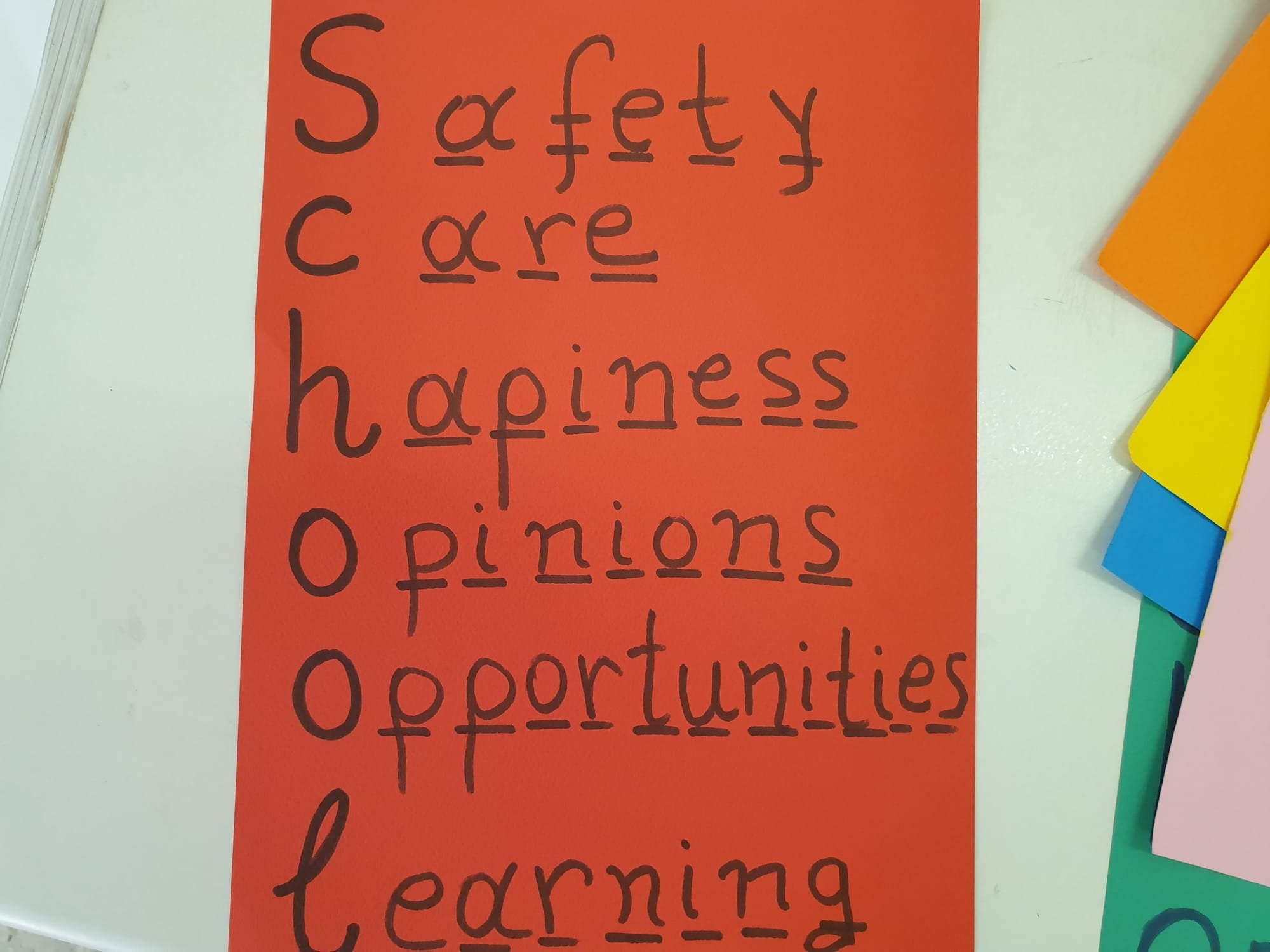
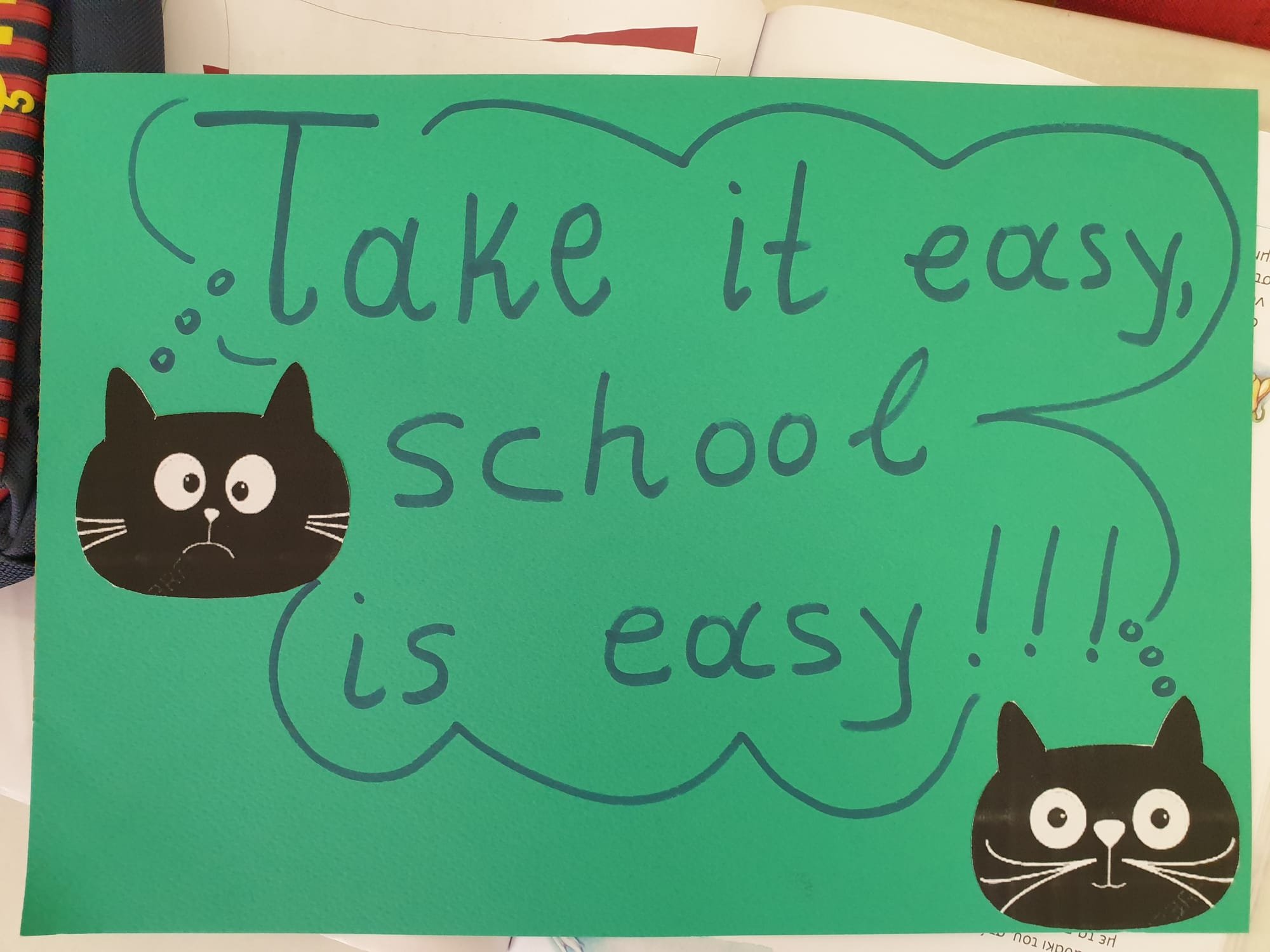
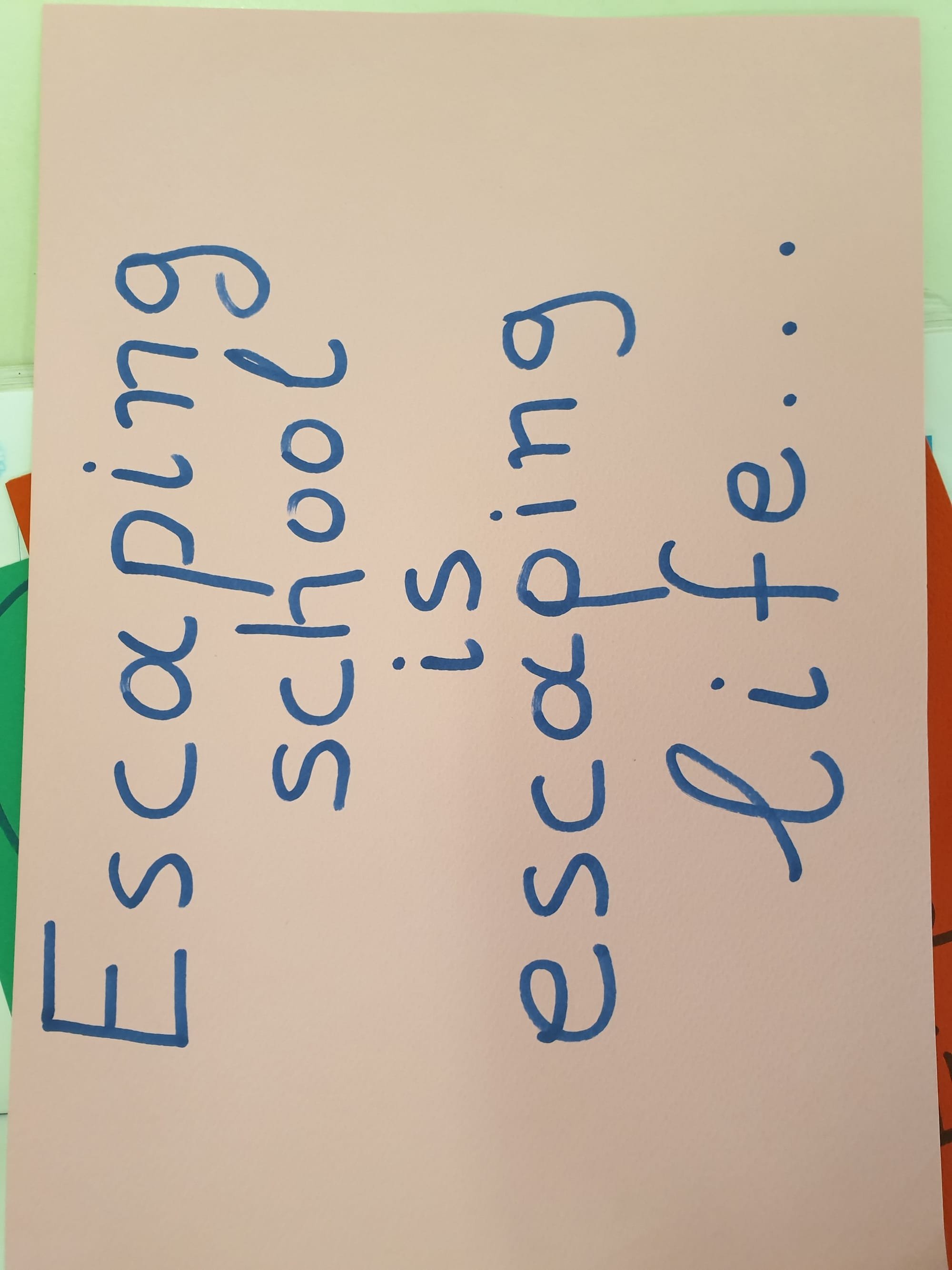
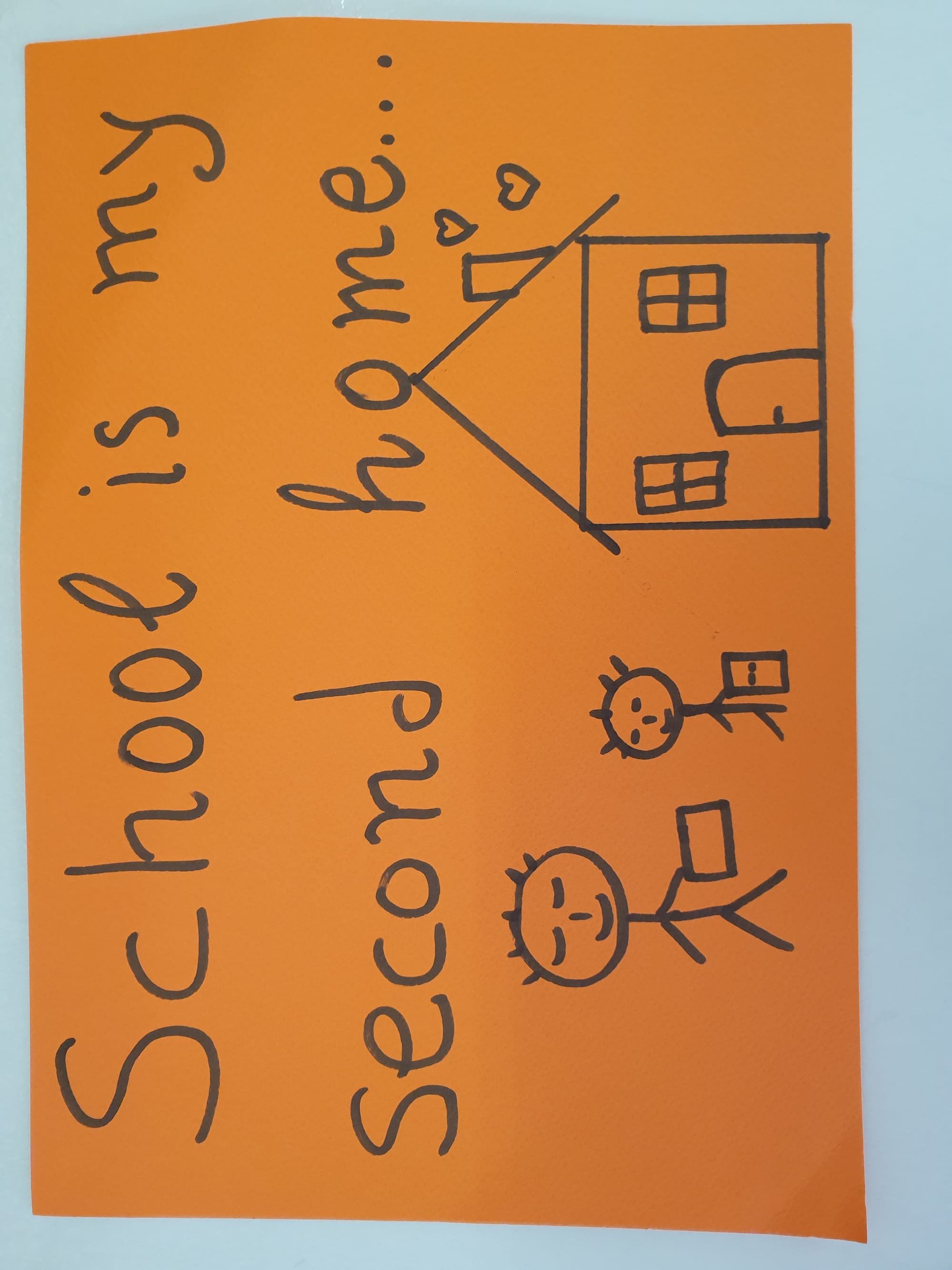
P 7 - Winter cards
Spain
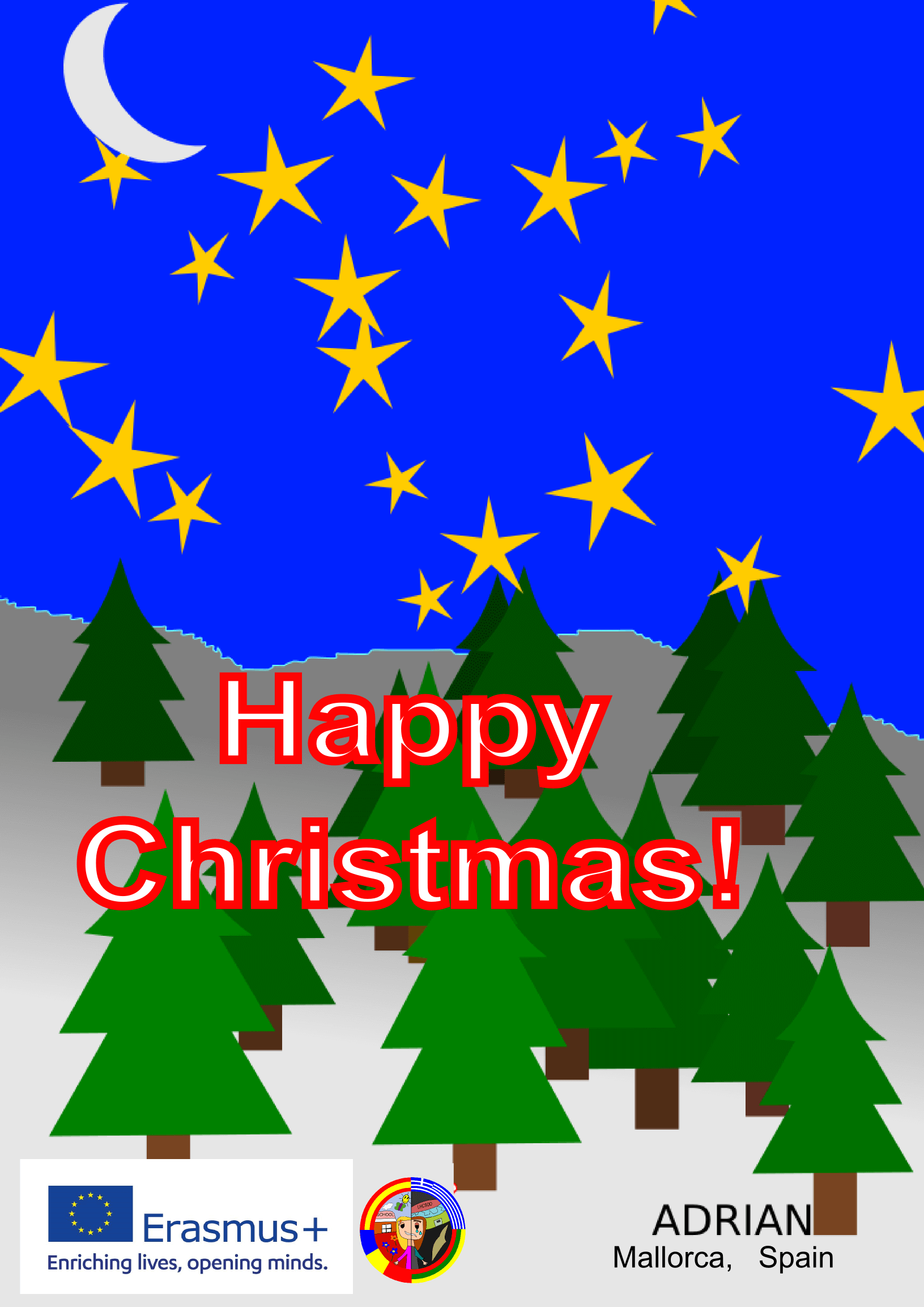
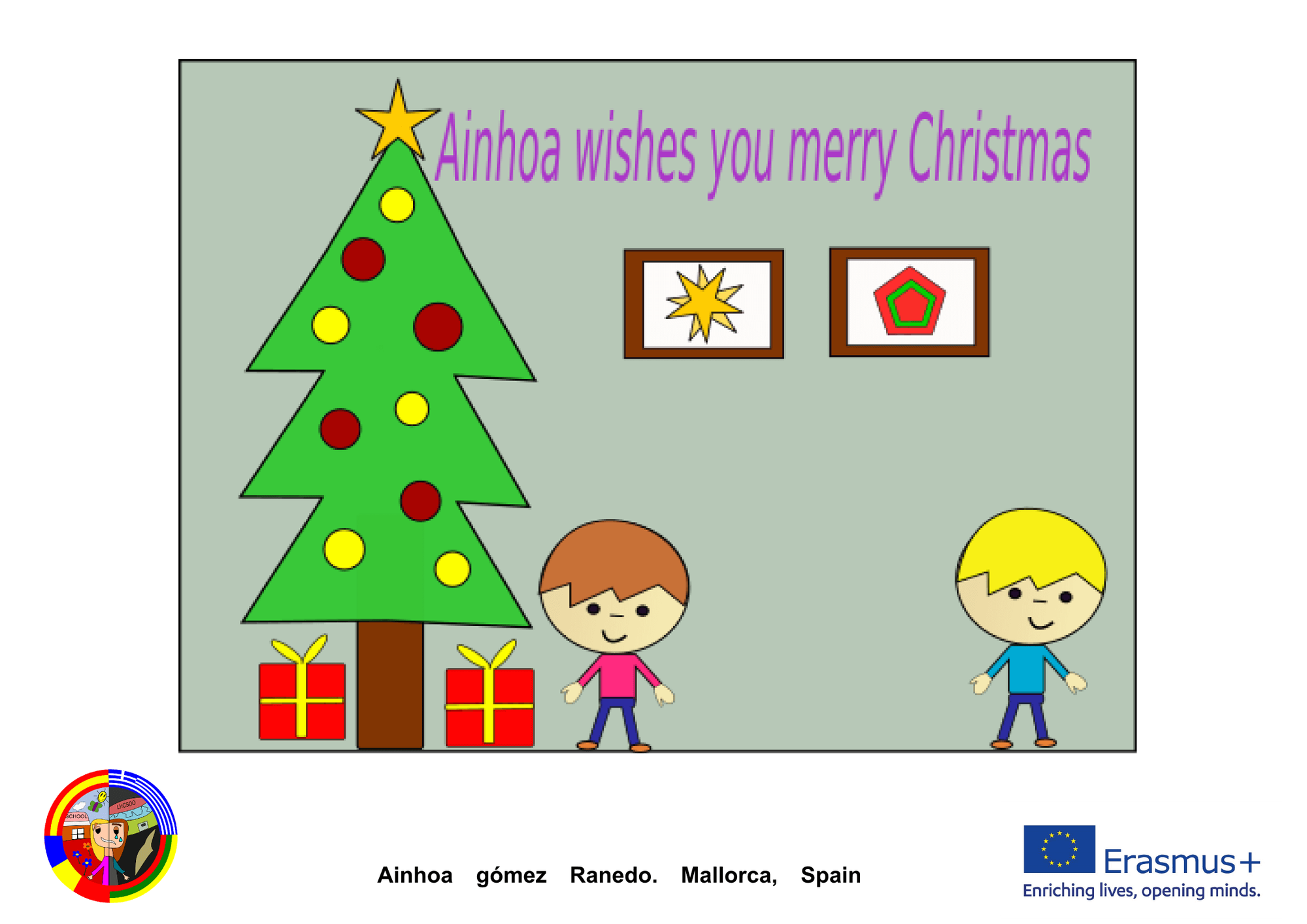
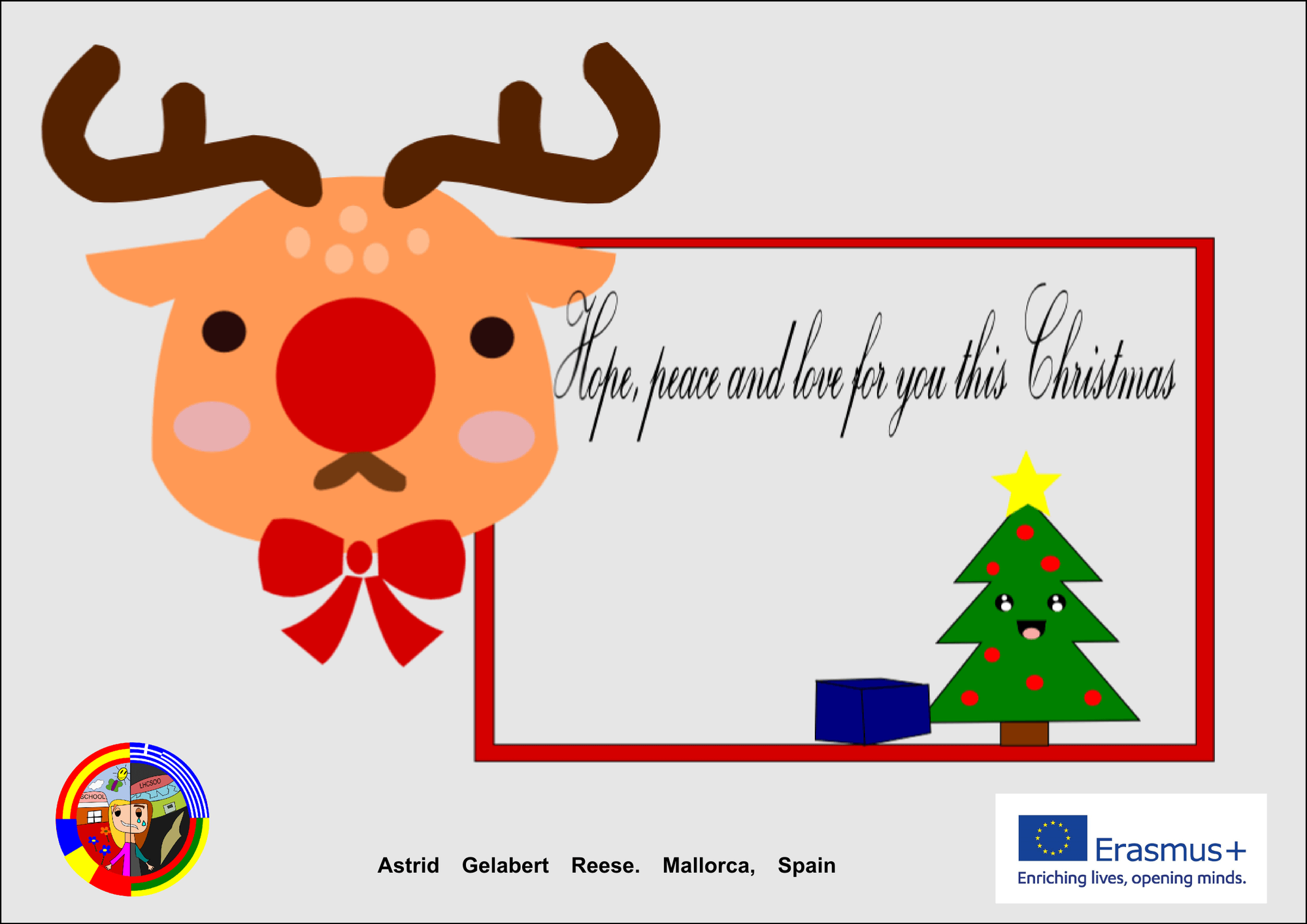
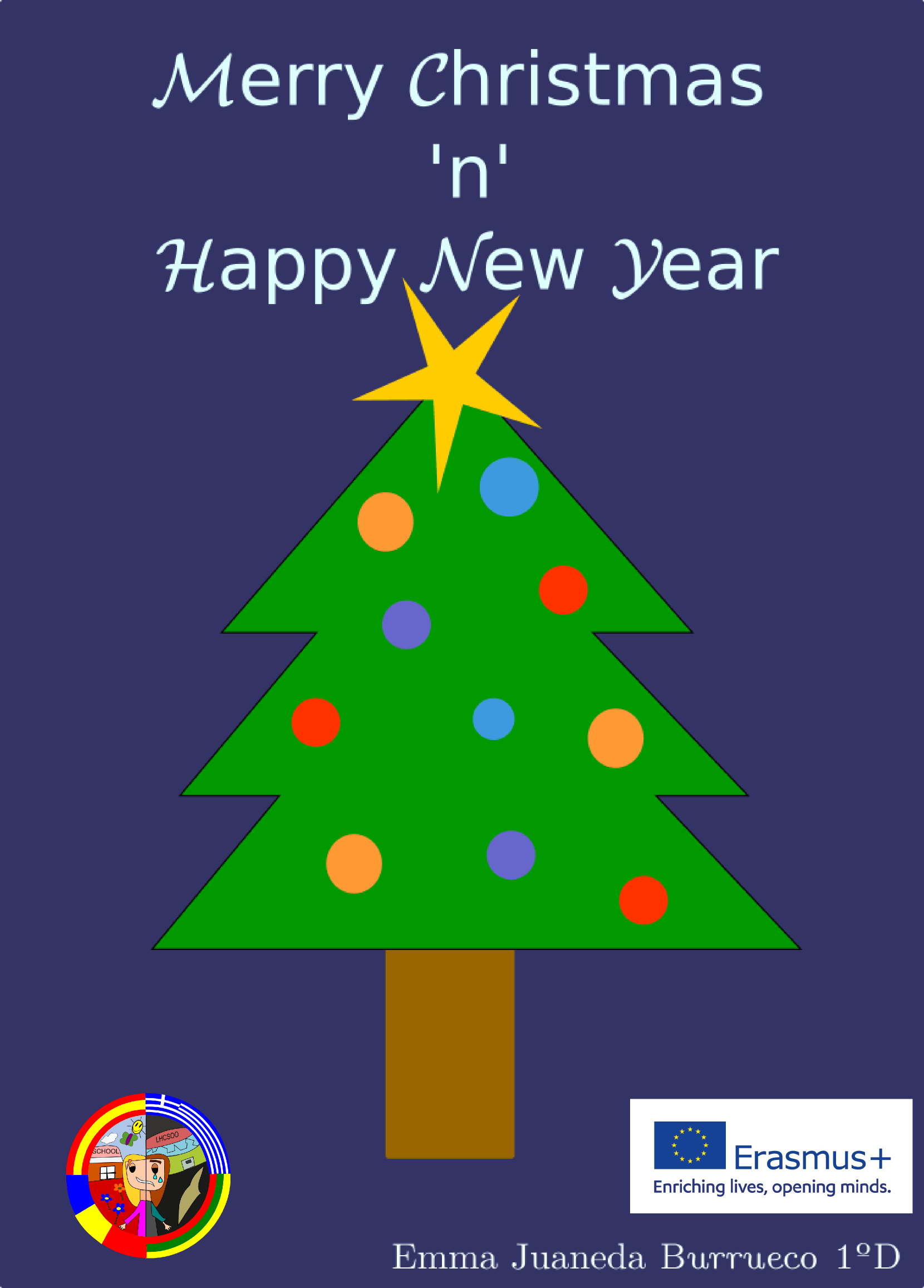
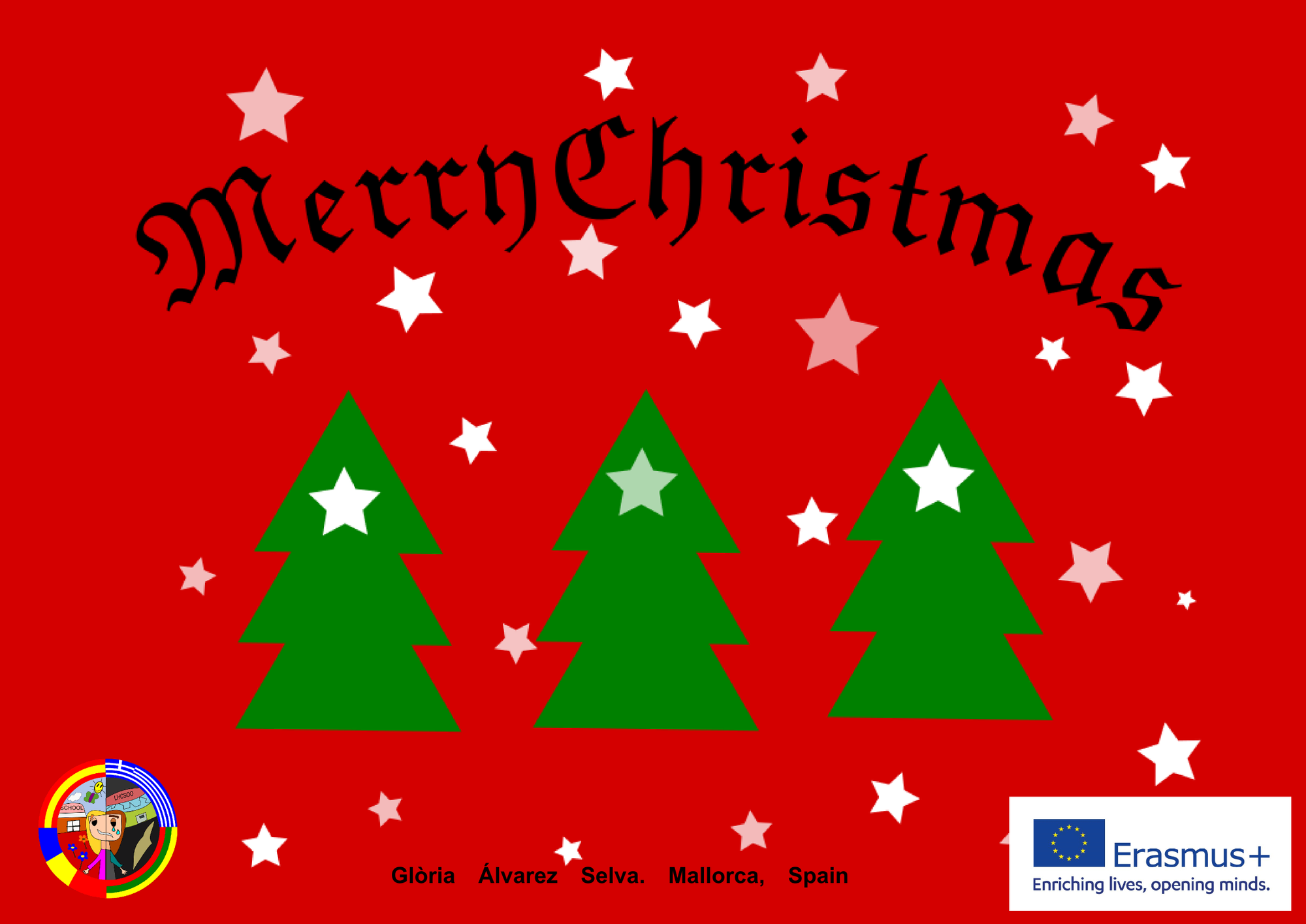
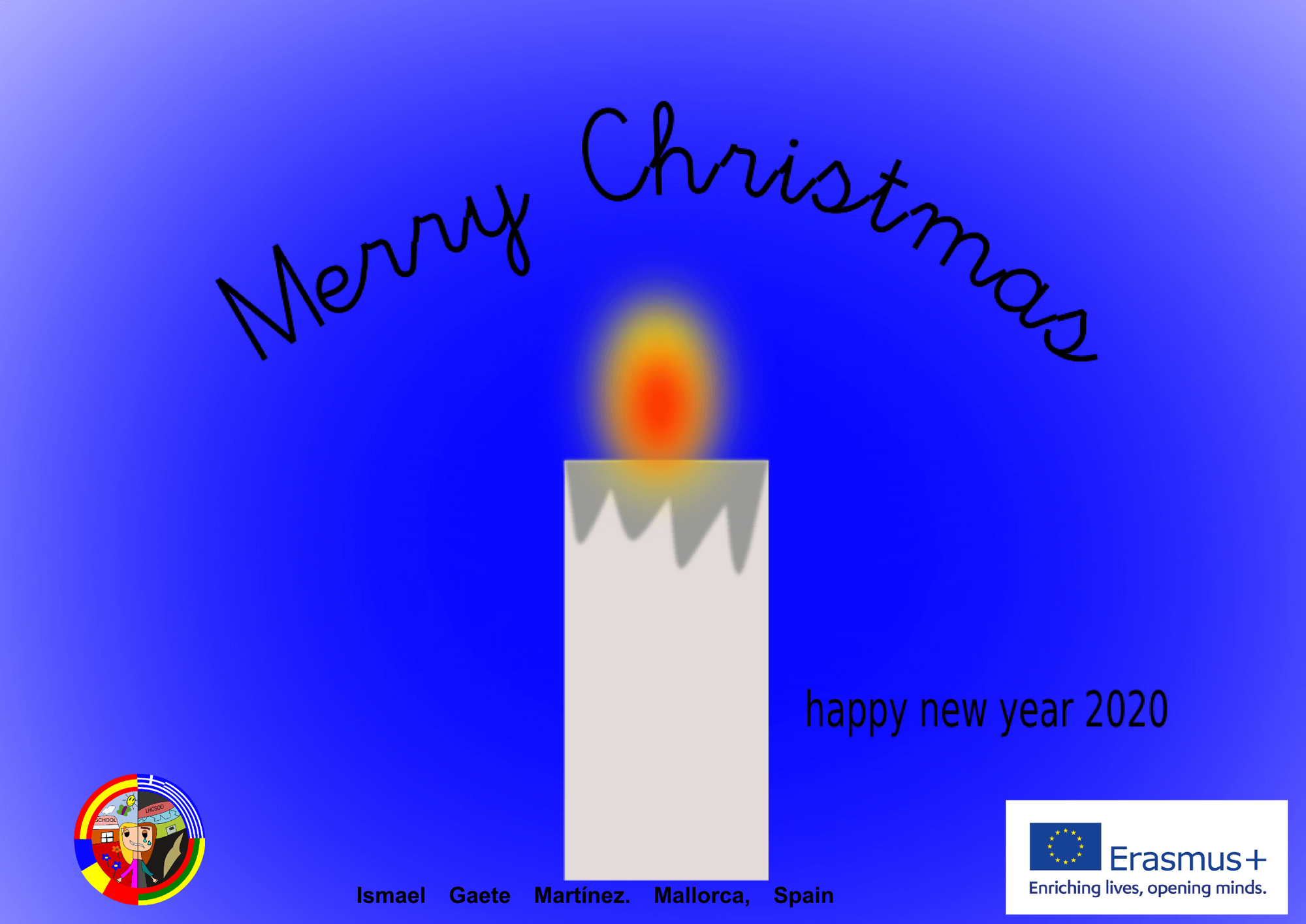
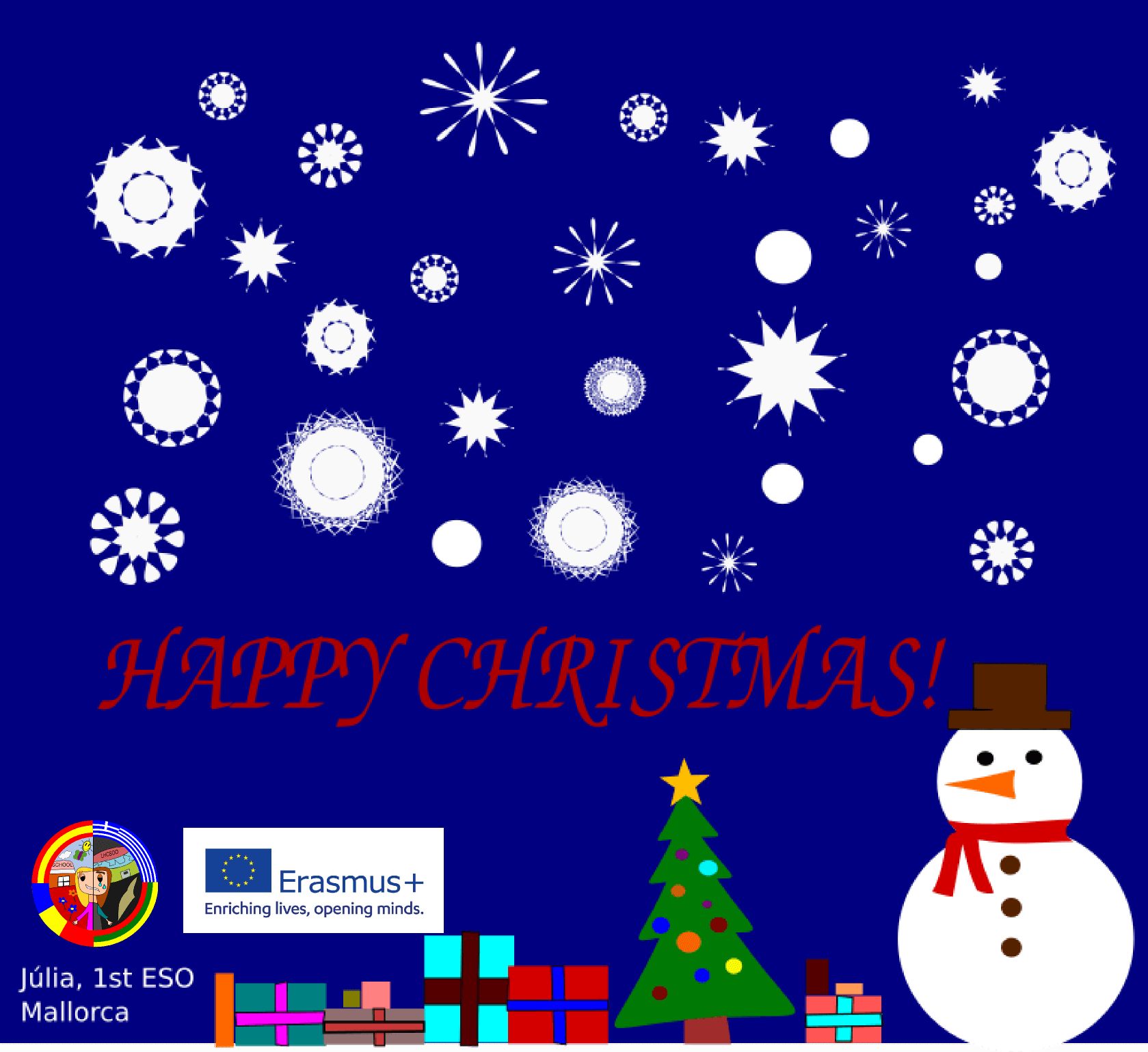
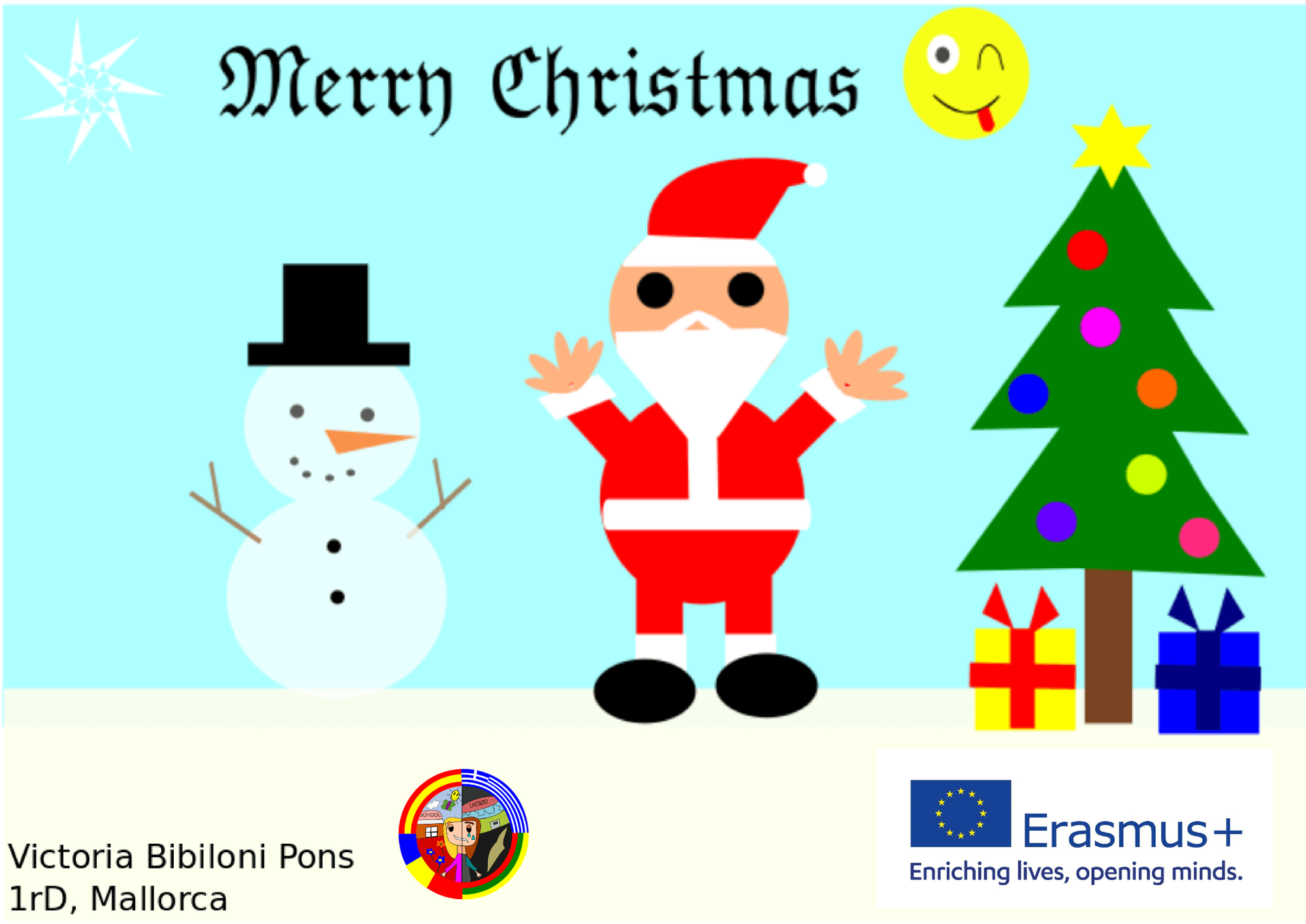
Romania
https://www.youtube.com/watch?v=WrvmFQH43BU&feature=youtu.be
https://www.youtube.com/watch?v=UFCp_sGmKSQ&feature=youtu.be
P 19 - HANDBOOK OF CIVICS EDUCATION
HANDBOOK OF CIVICS EDUCATION.pdf
P 11 - ESL MEASURE PLAN
ESL MEASURE PLAN.doc
ESL observation sheet.docx
parents questionnaire.docx
teachers questionnaire.docx
P 30 - Workshop on ESL in Romania with conseler
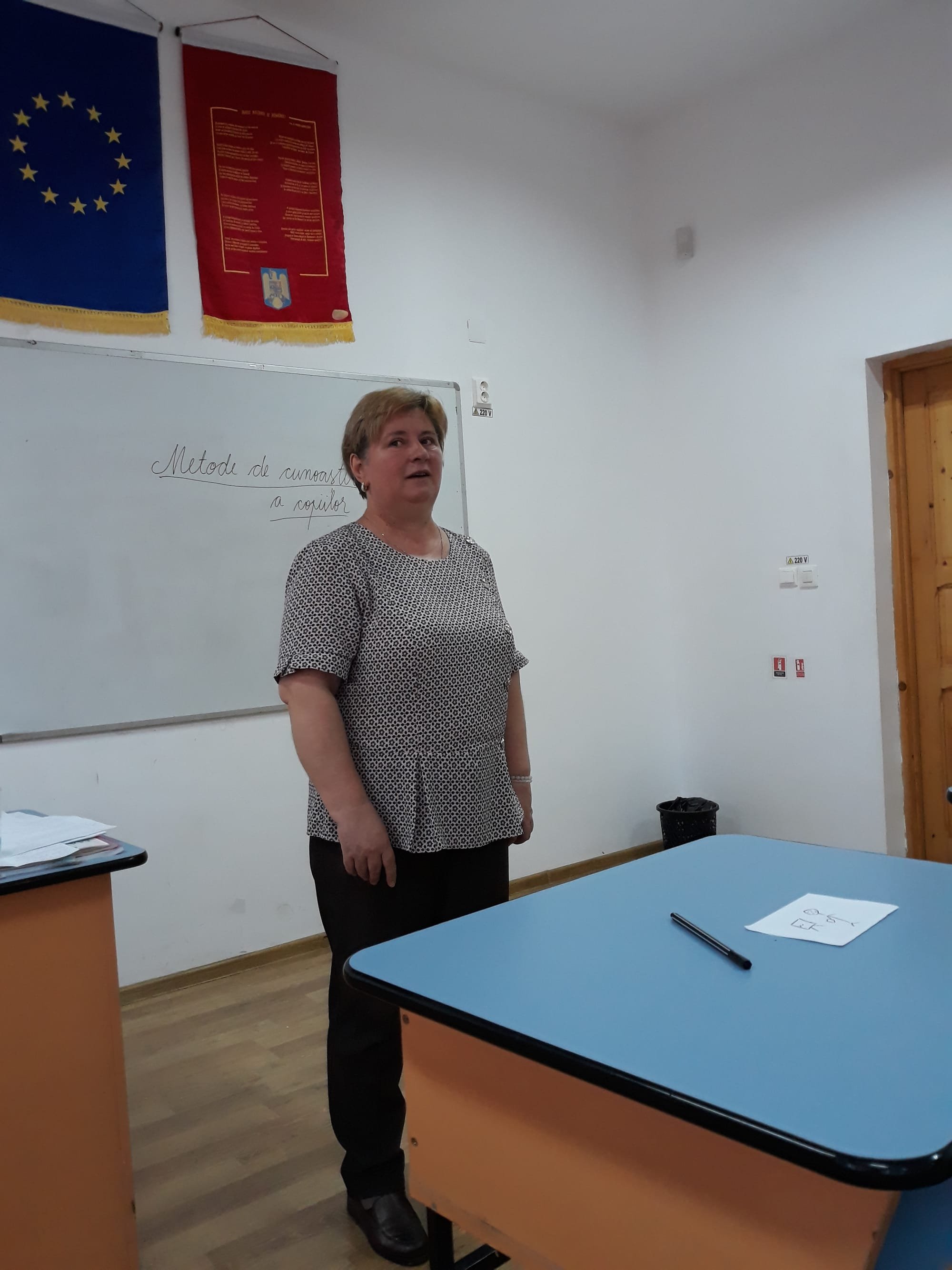
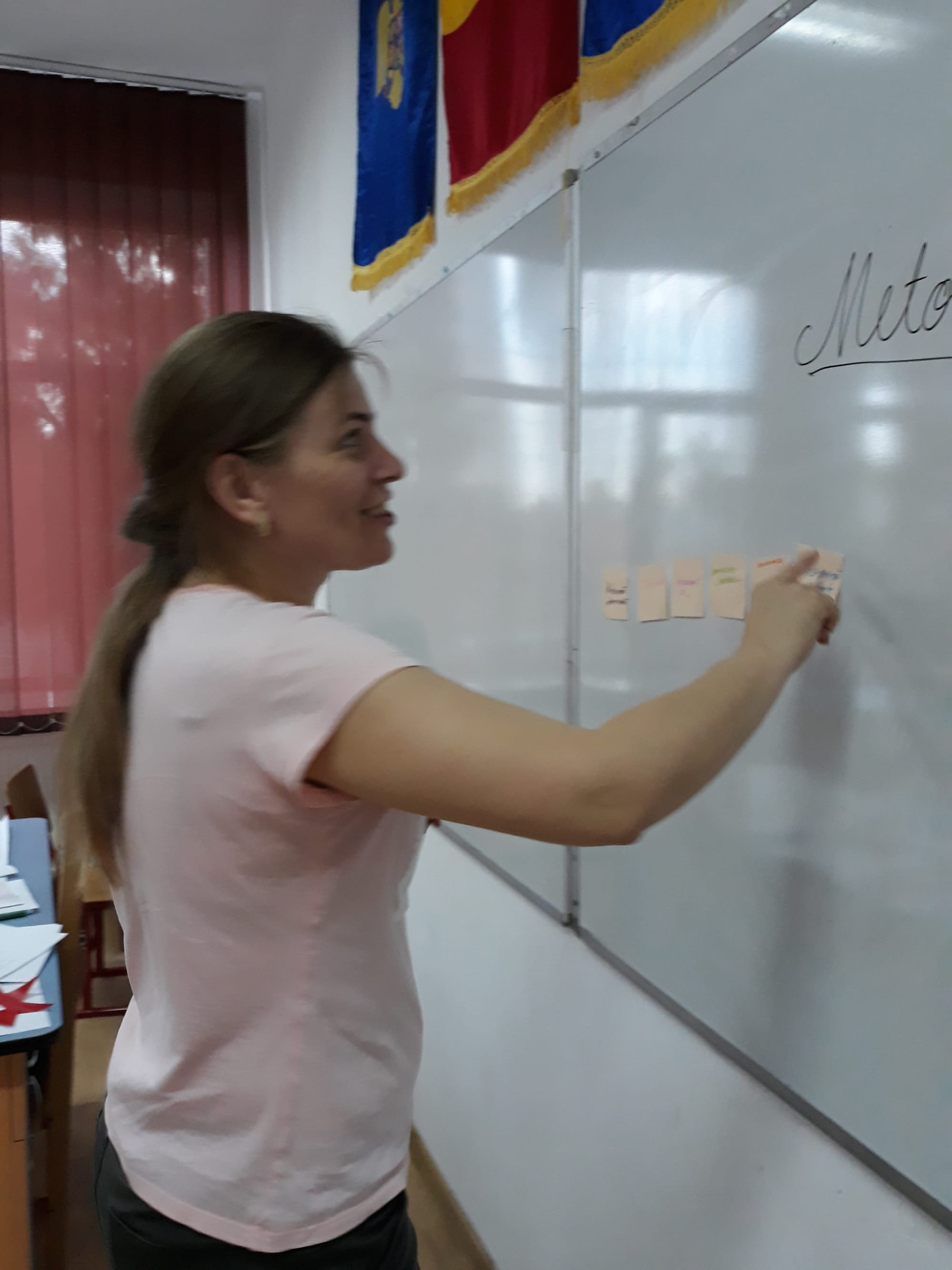
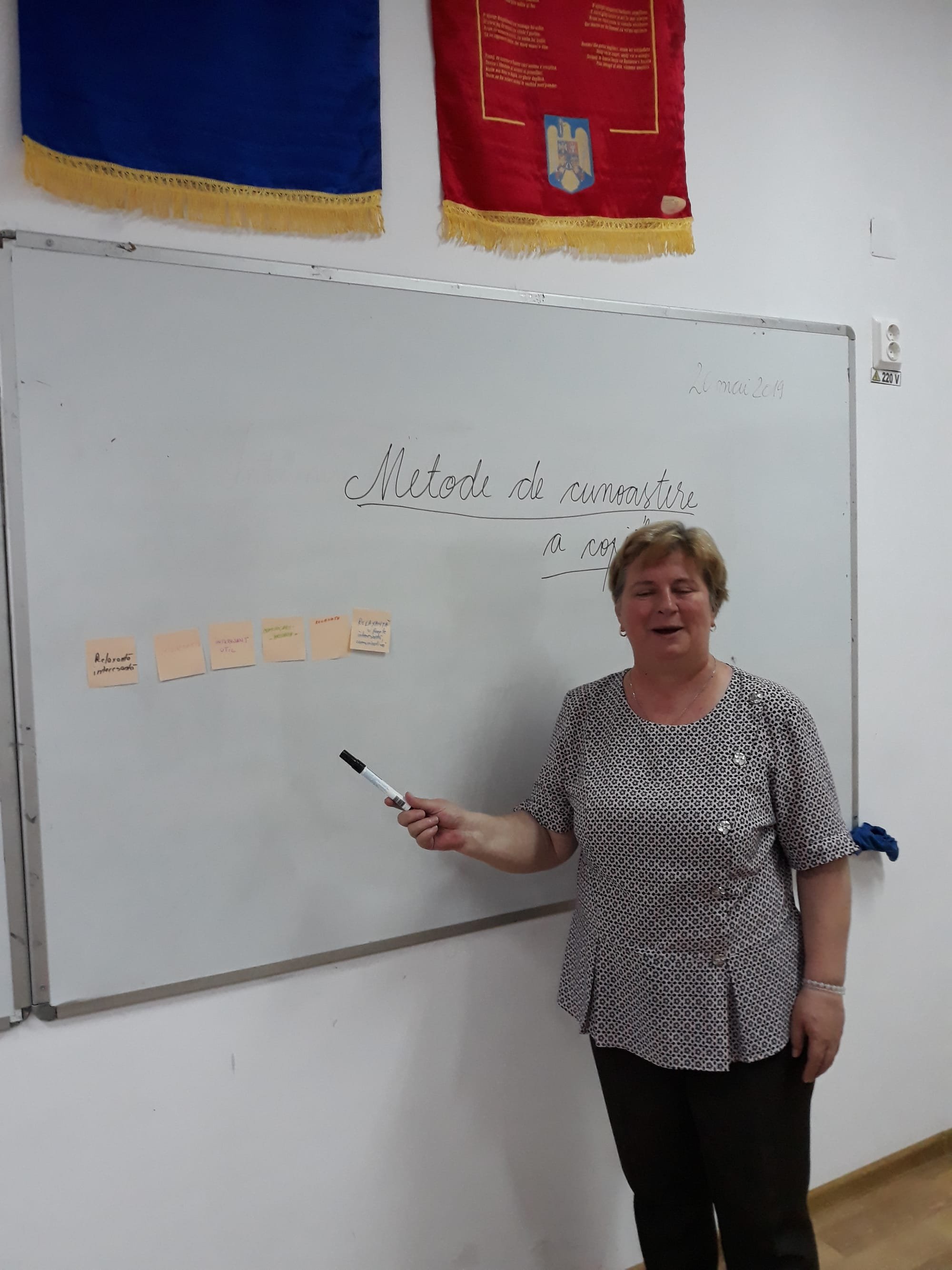
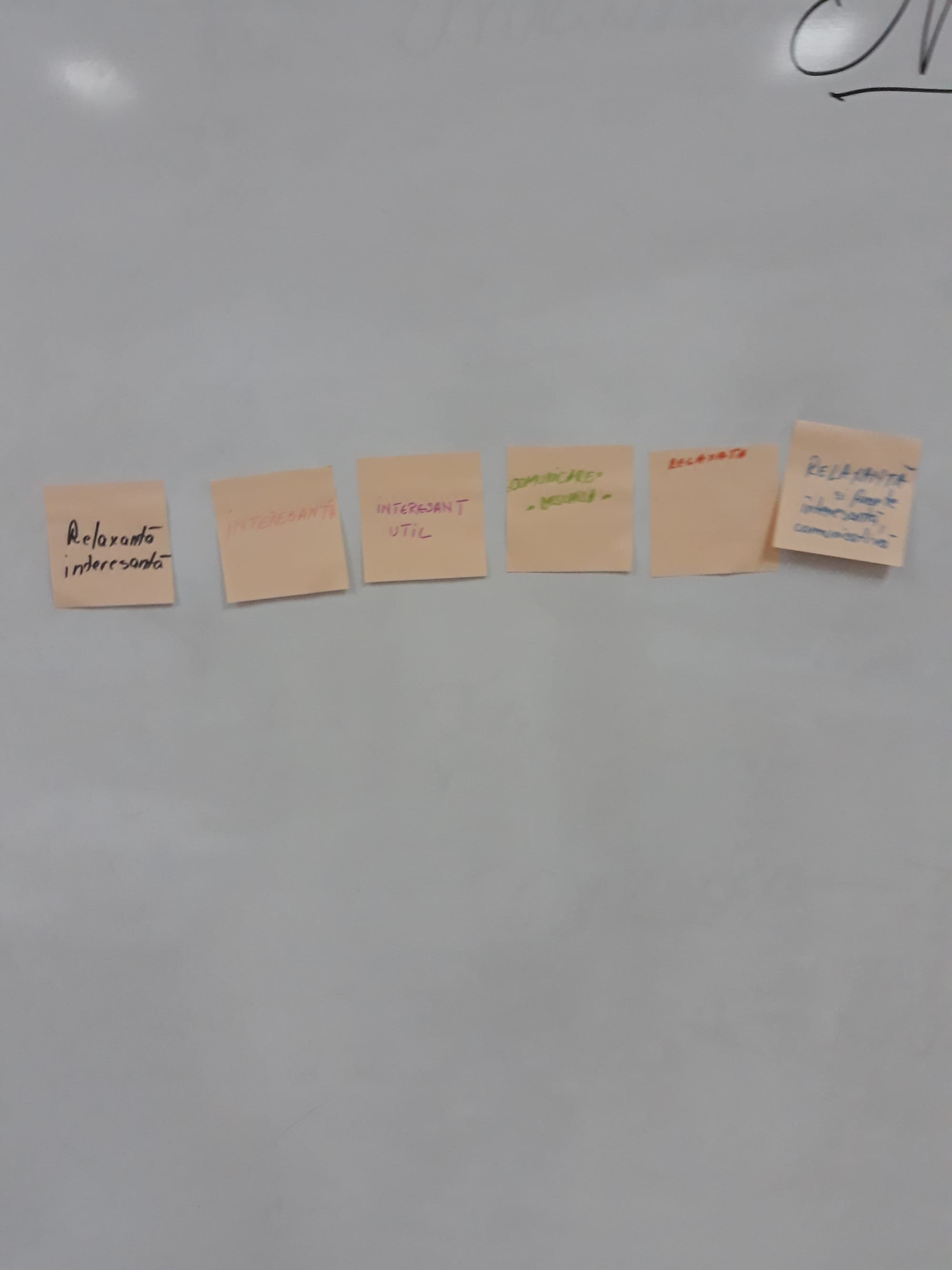
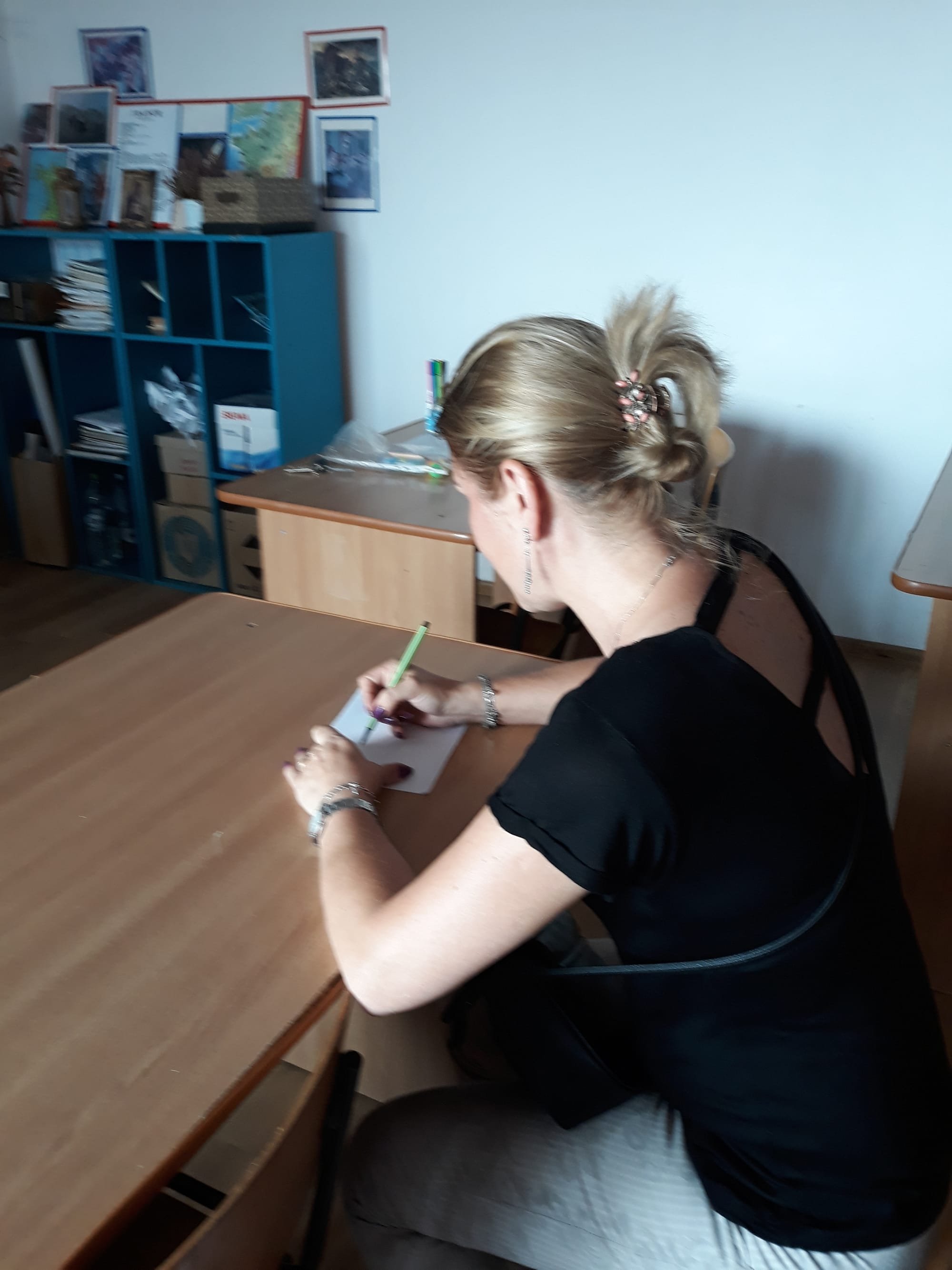
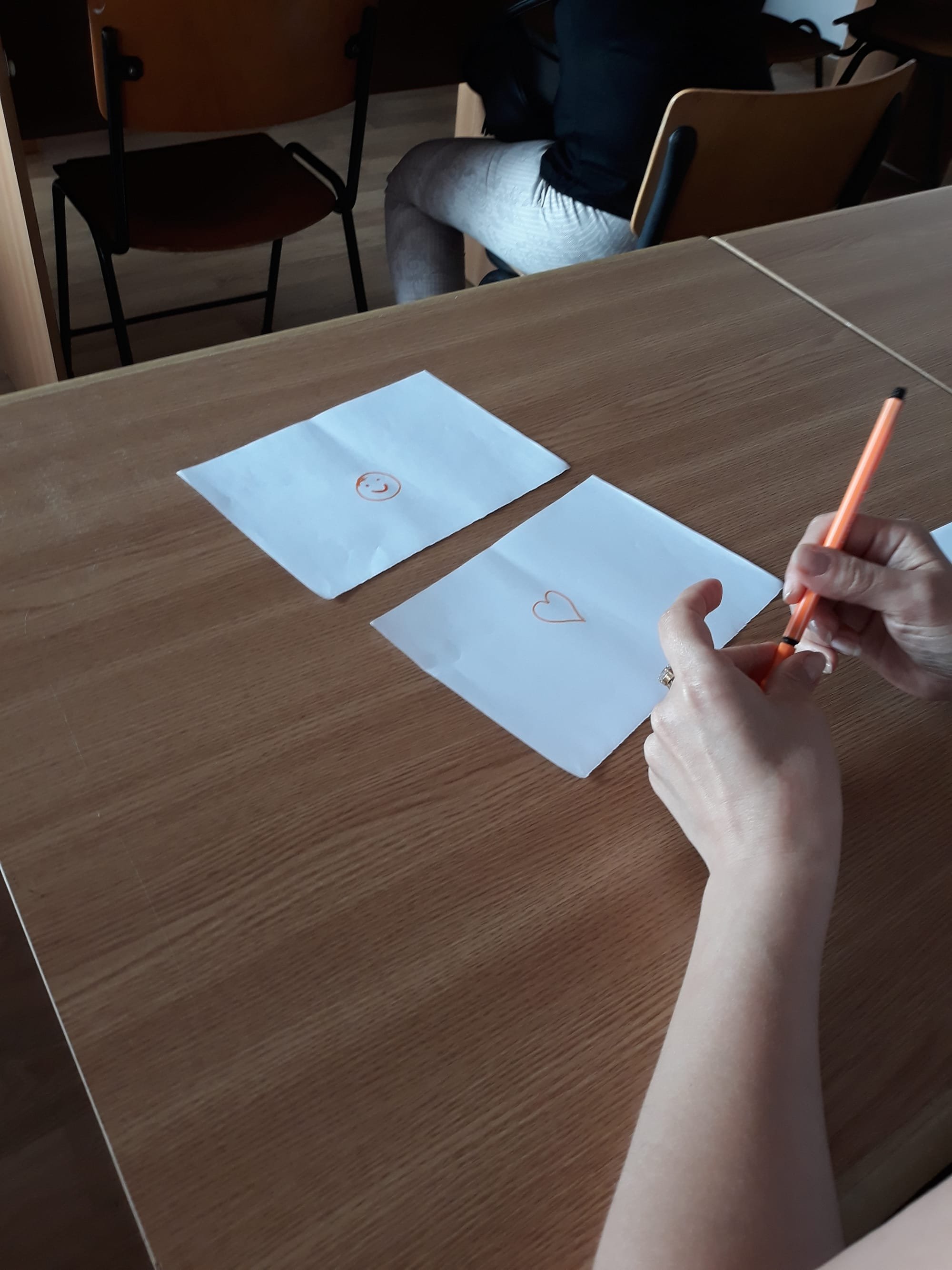
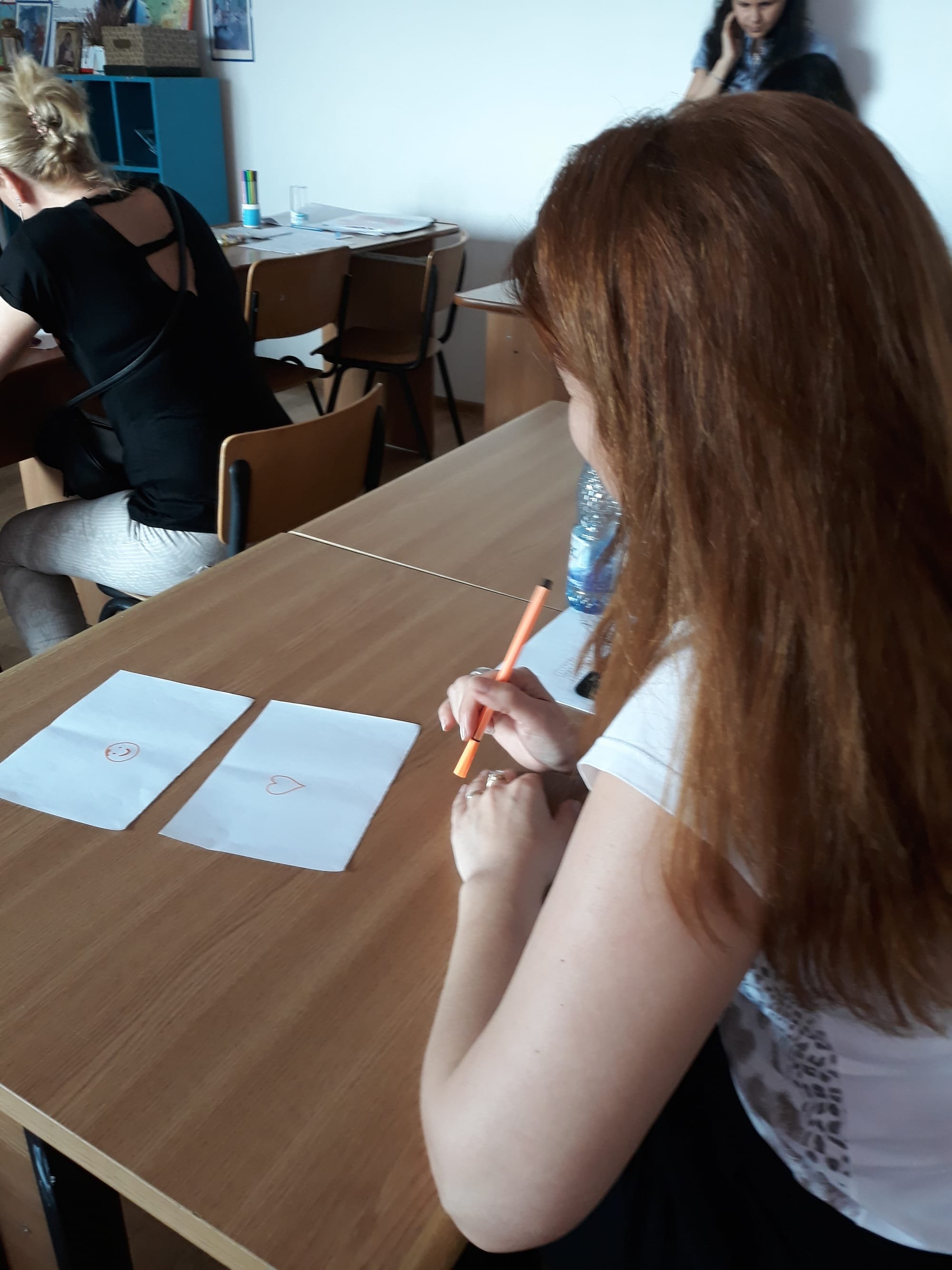
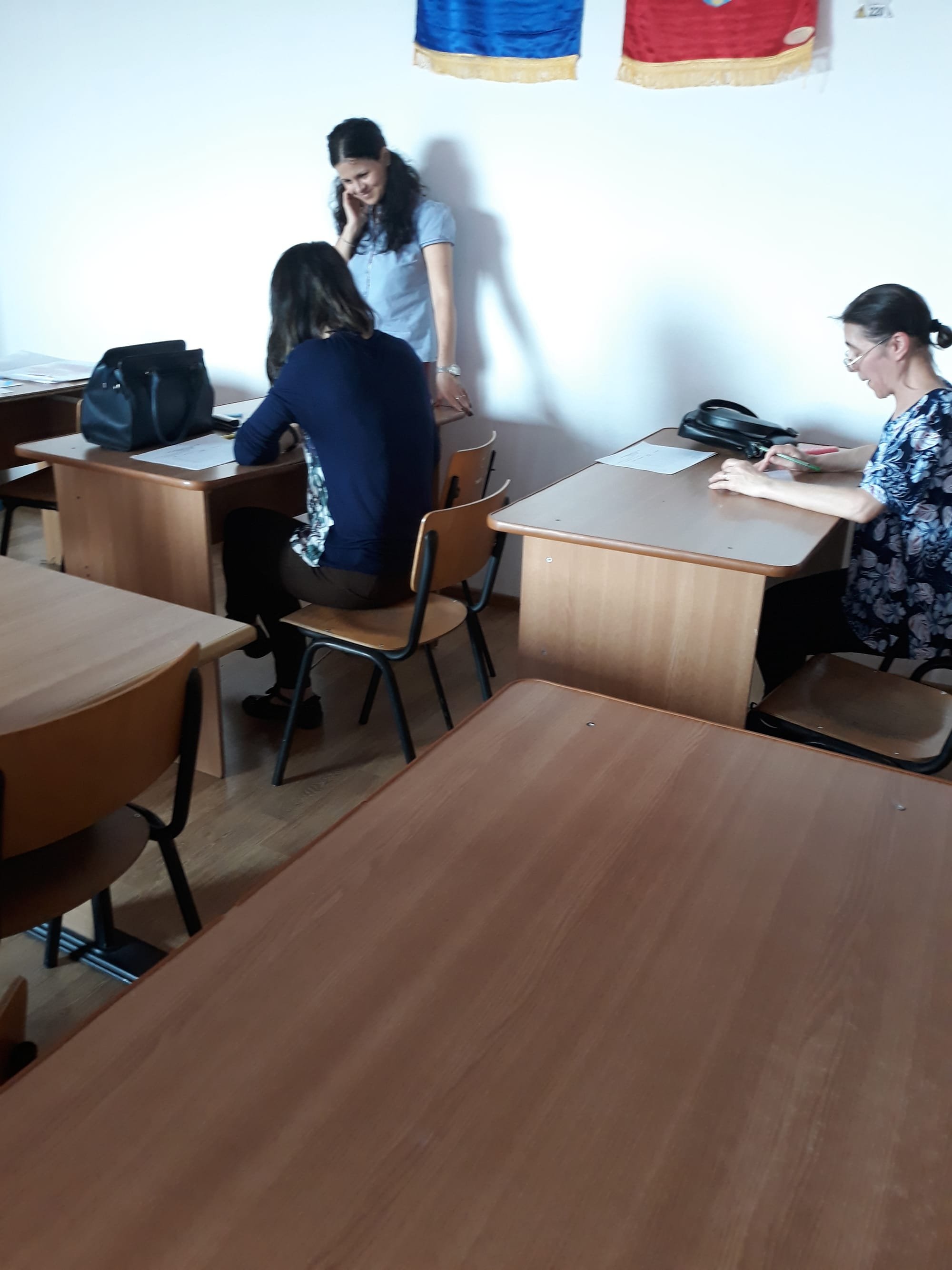
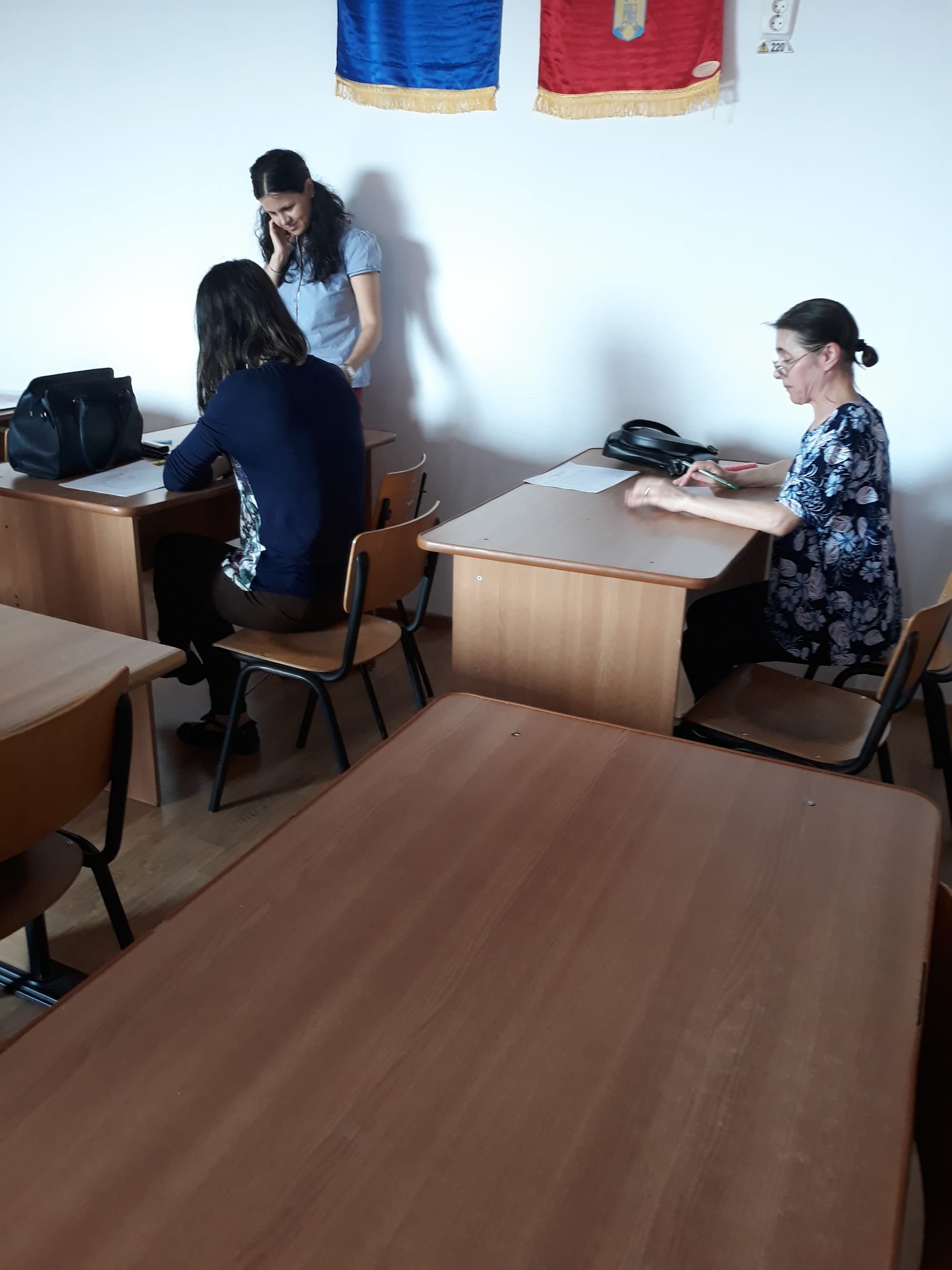
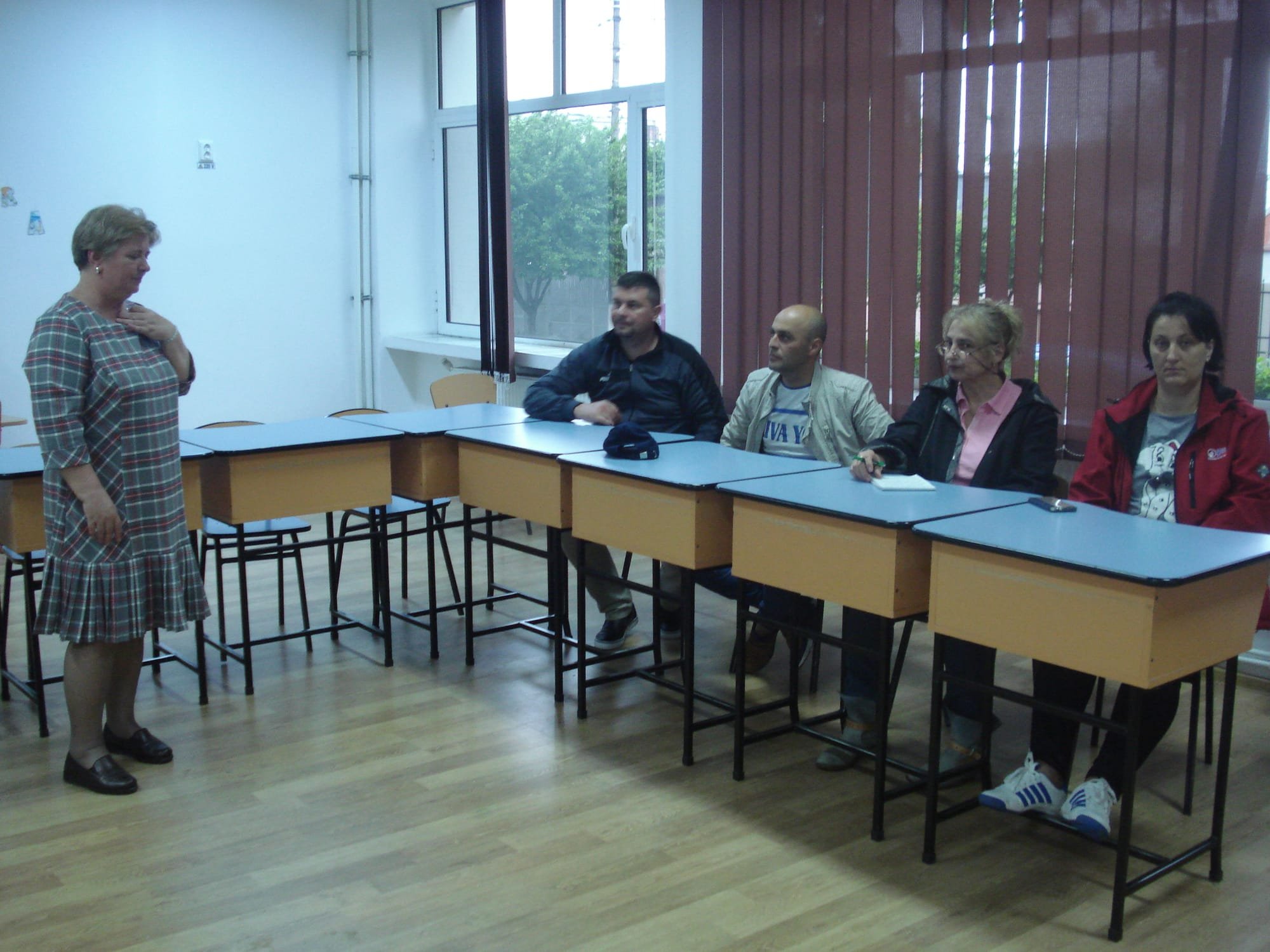
P 17-Debate Guide.docx
P14-SPAIN ARTICLE.docx
P-20- ONLINE GAMES.docx
